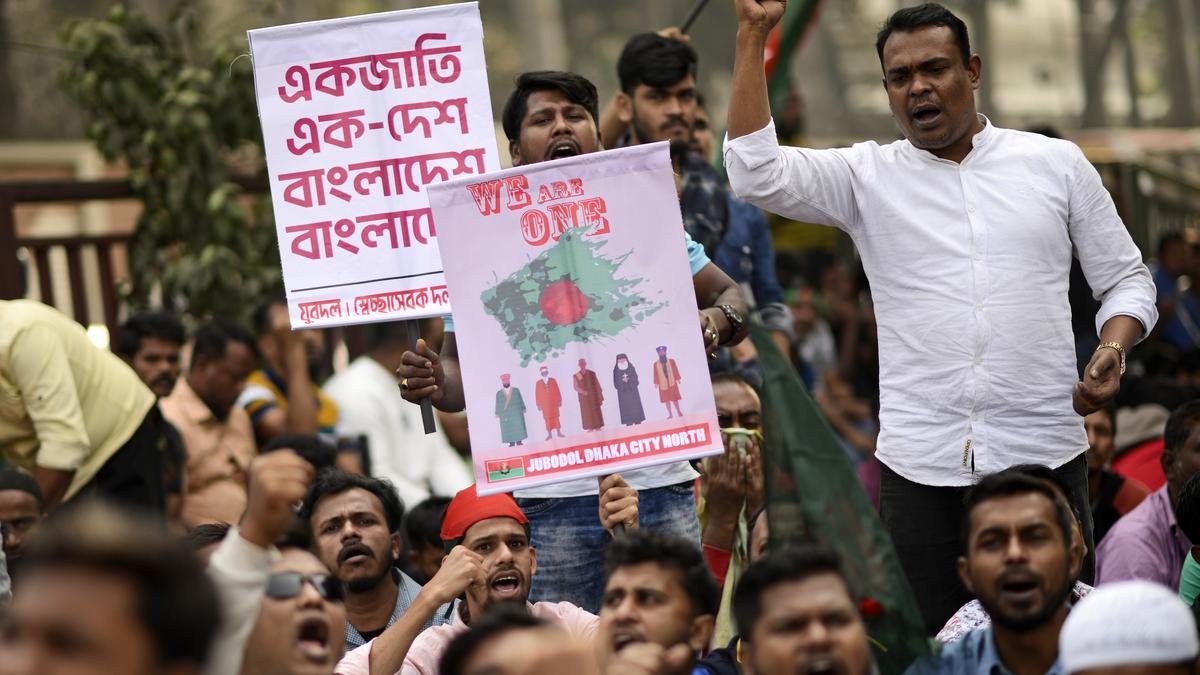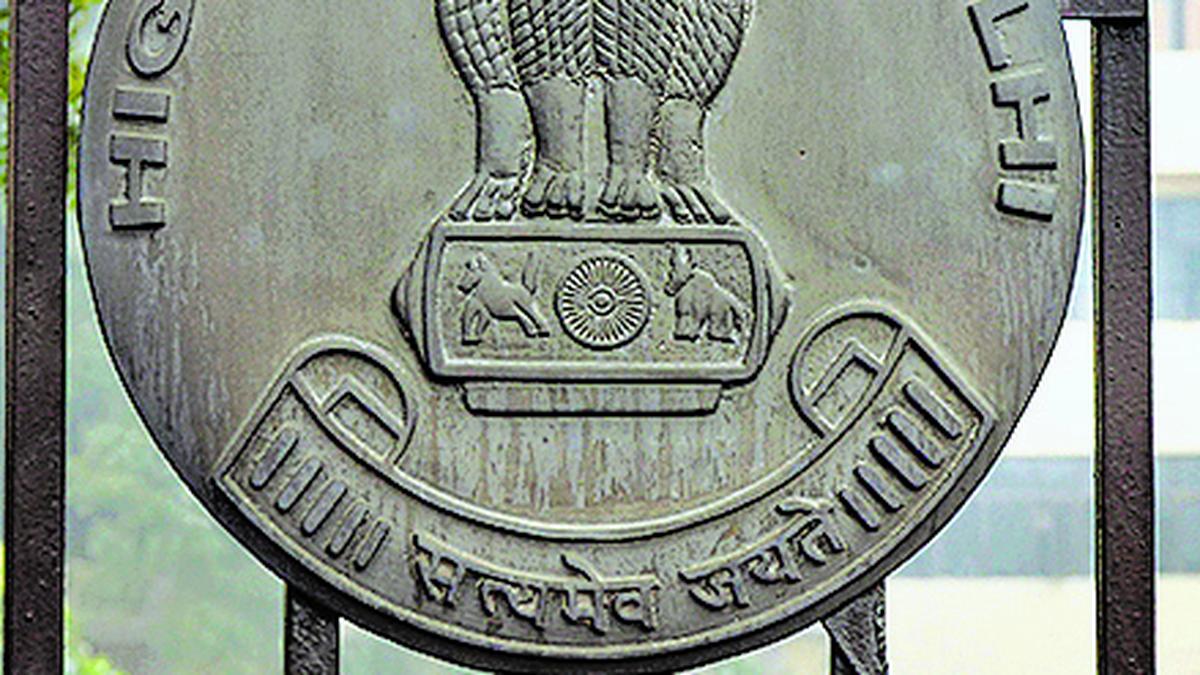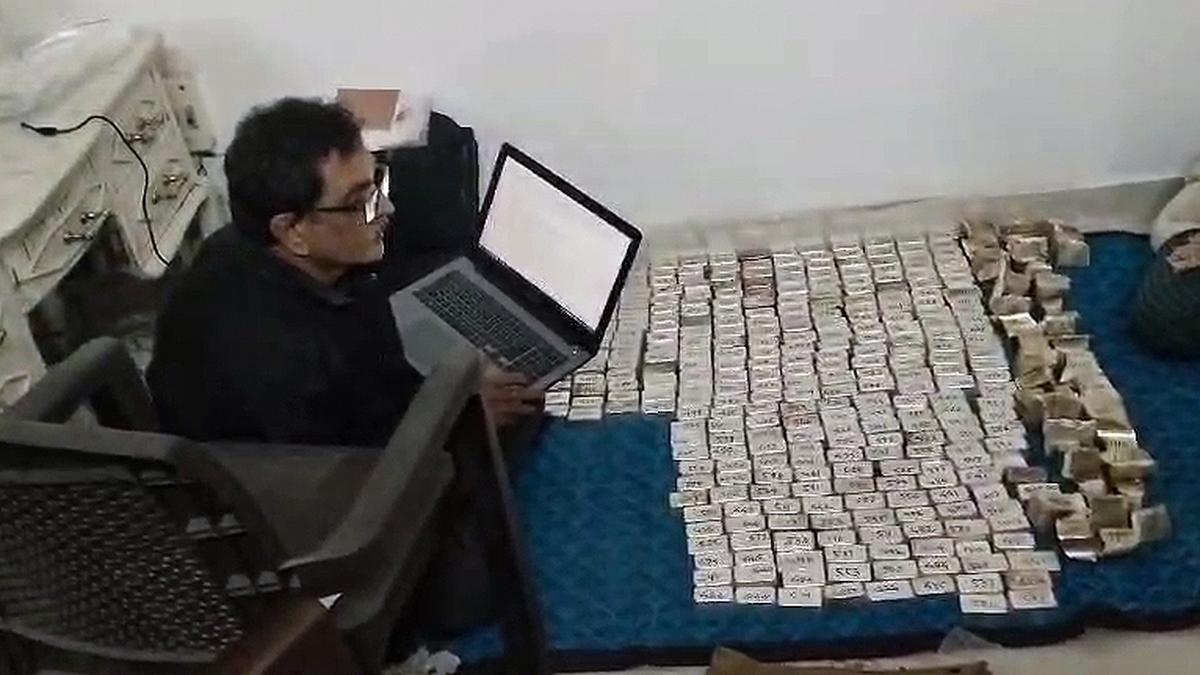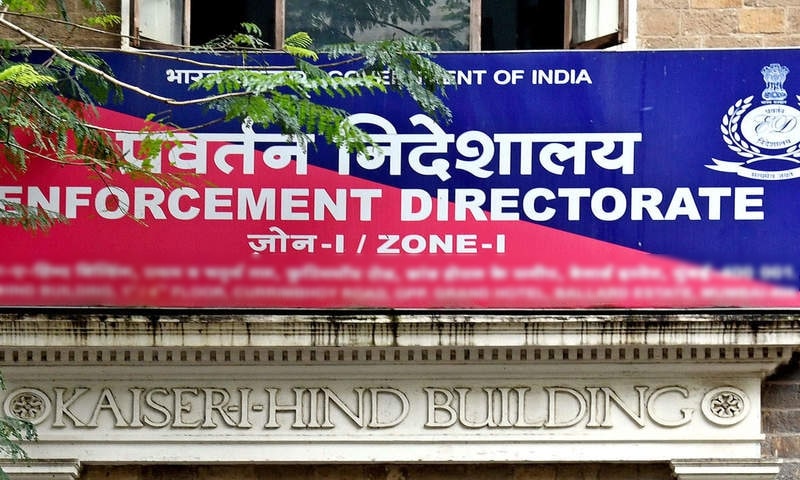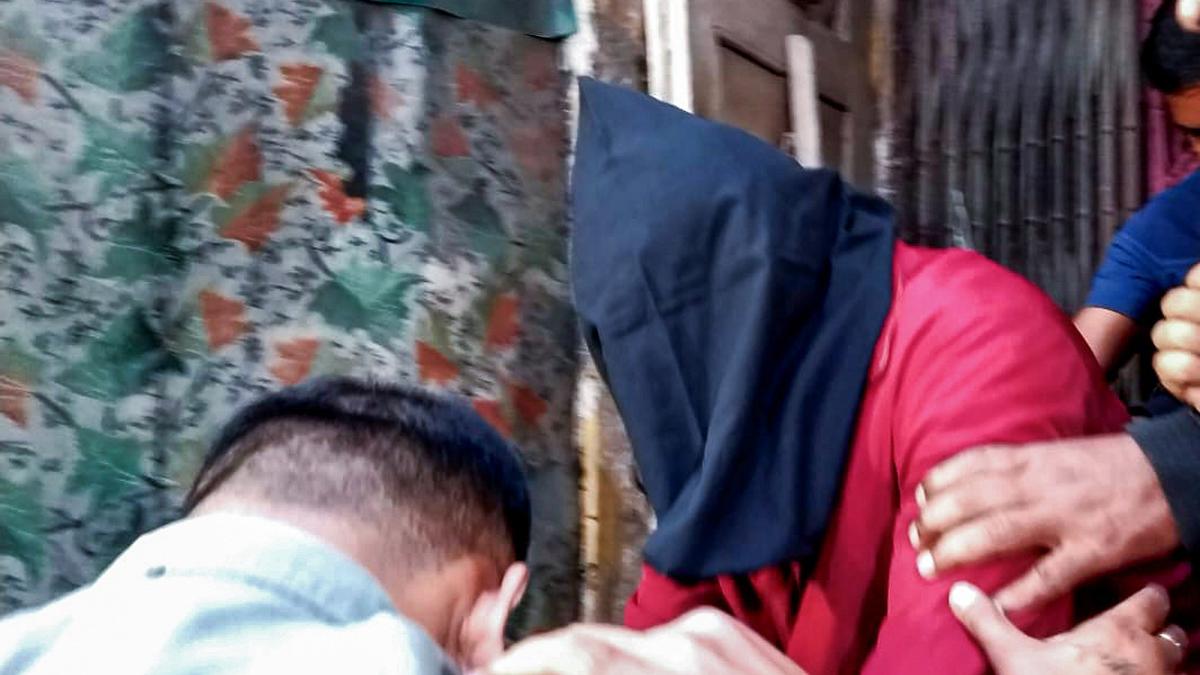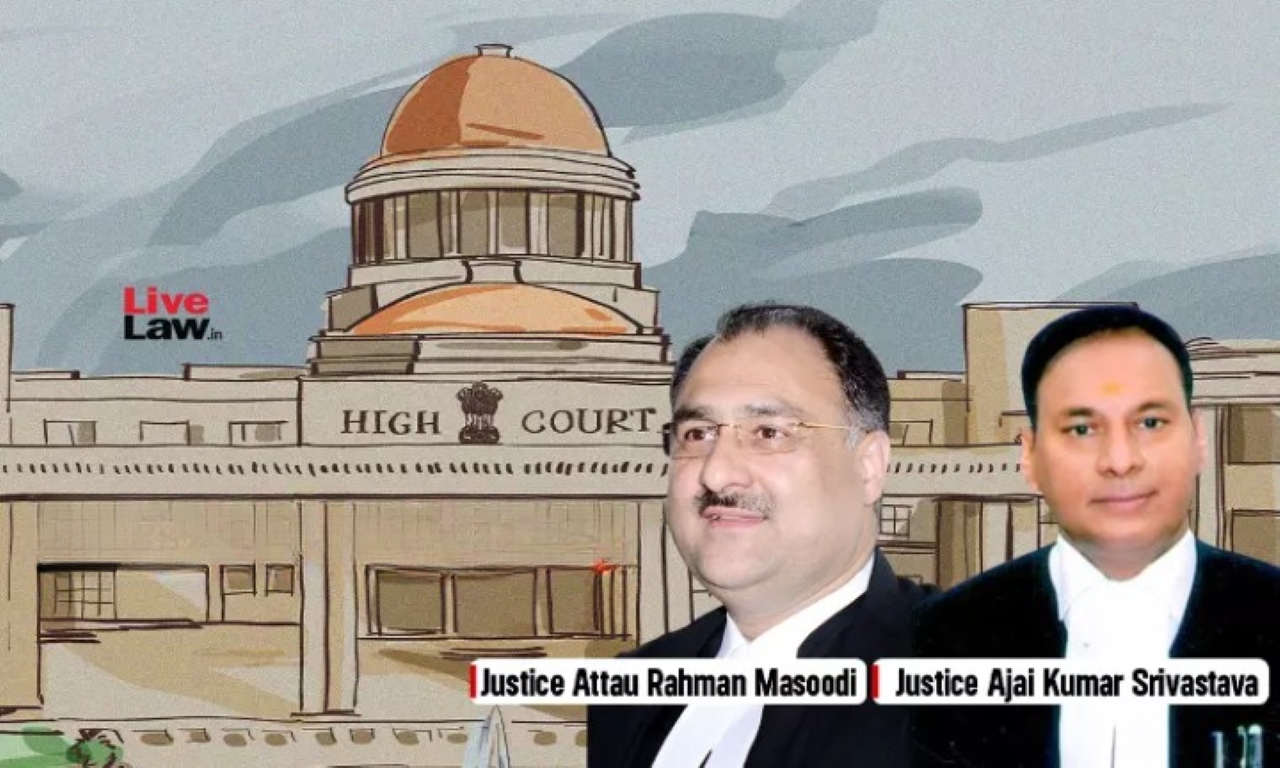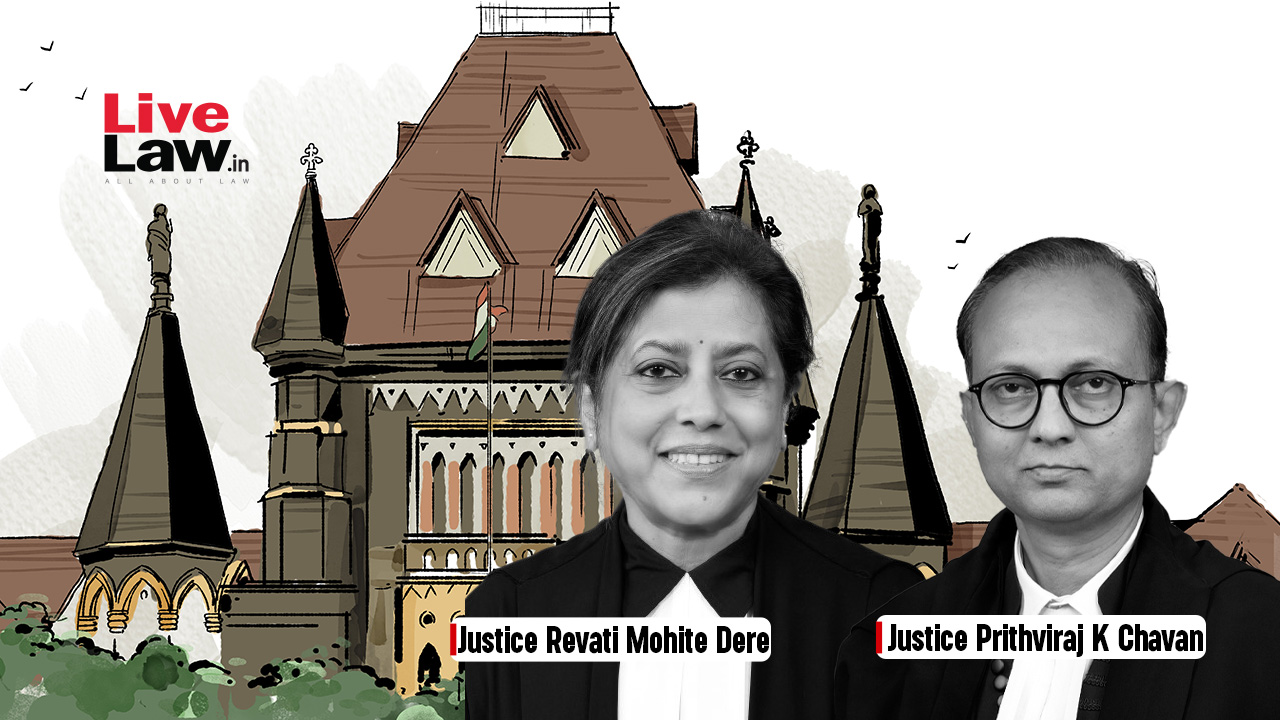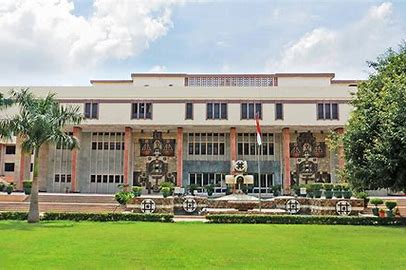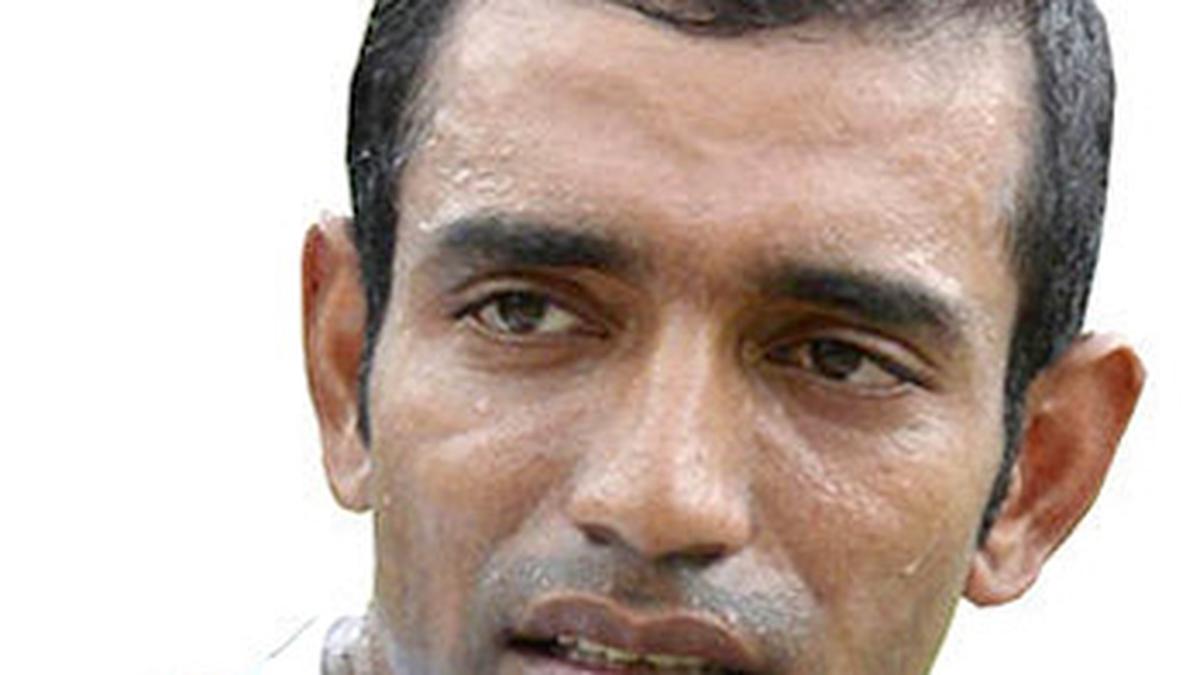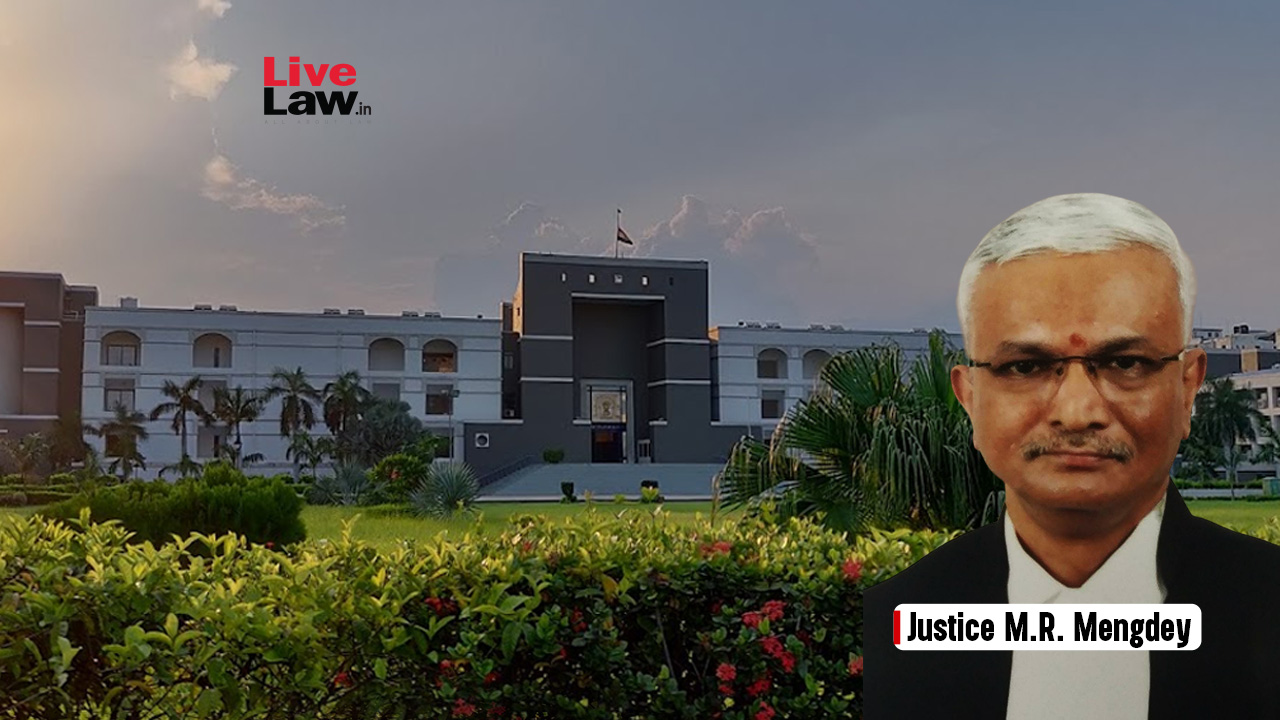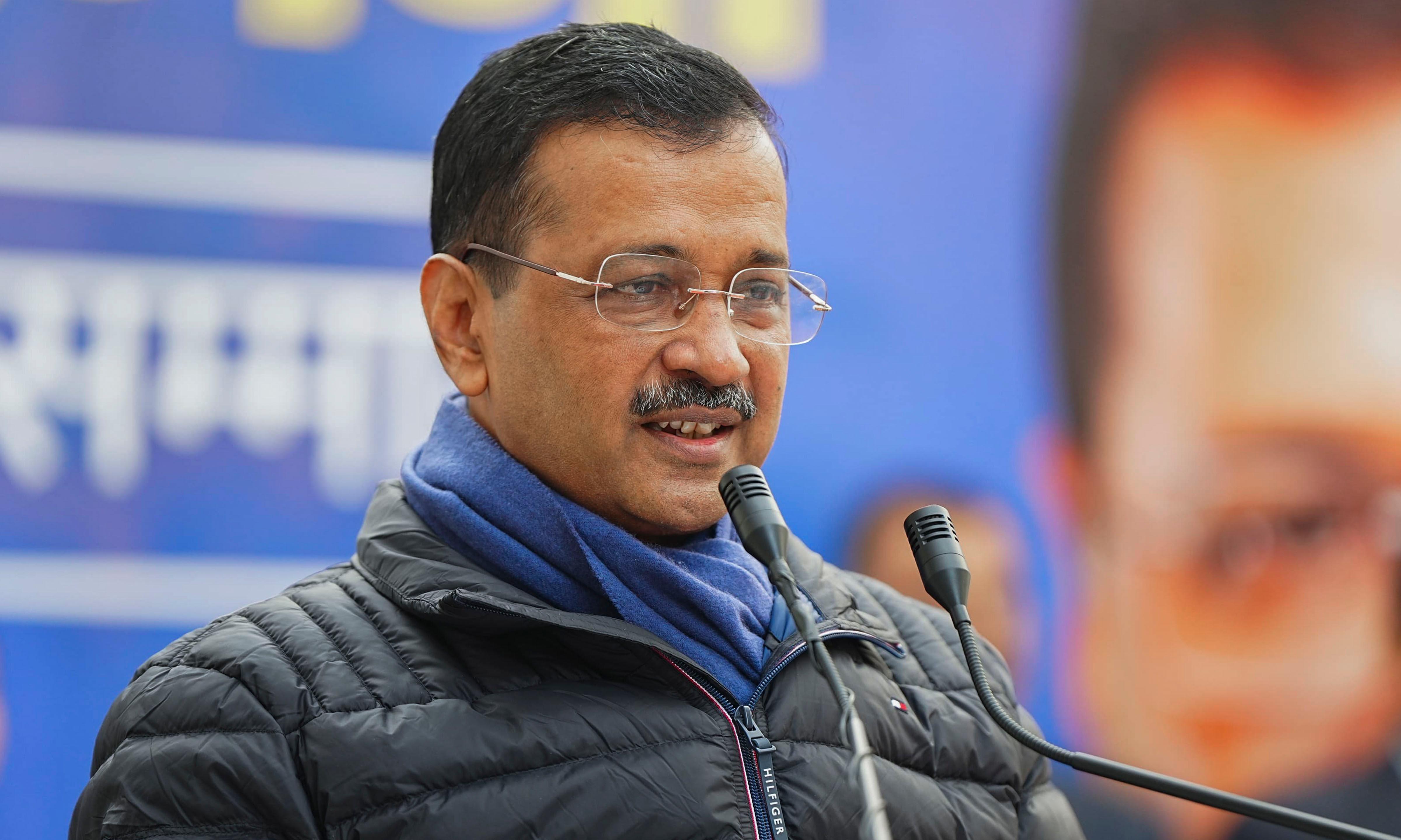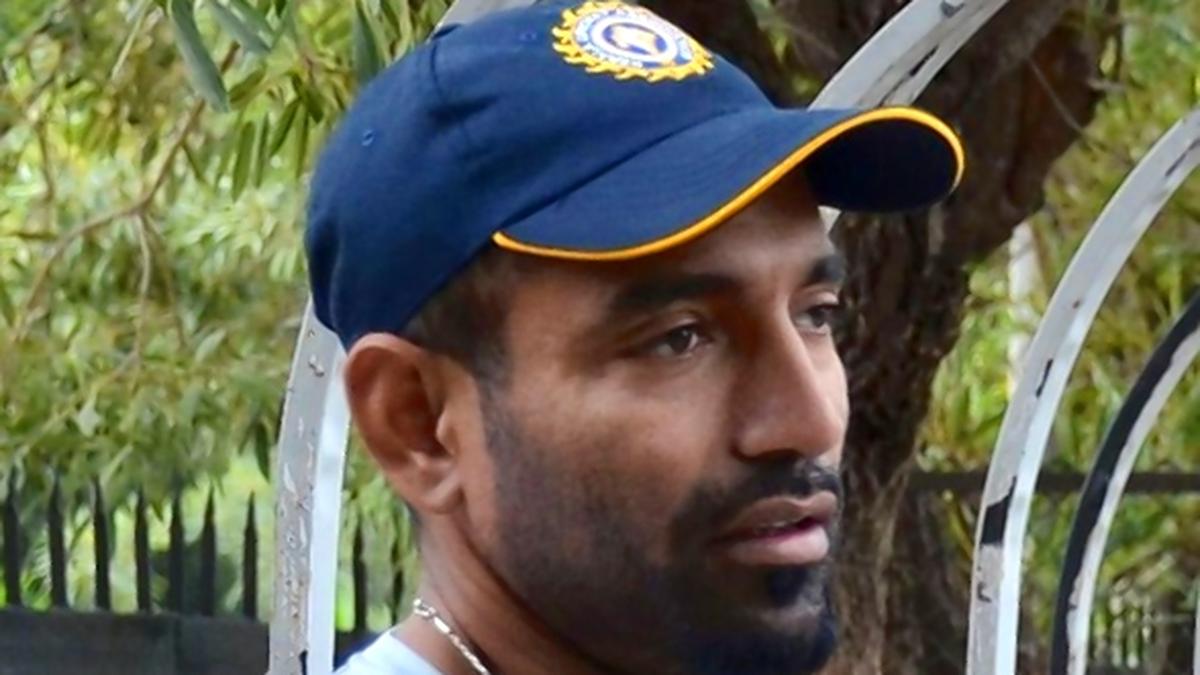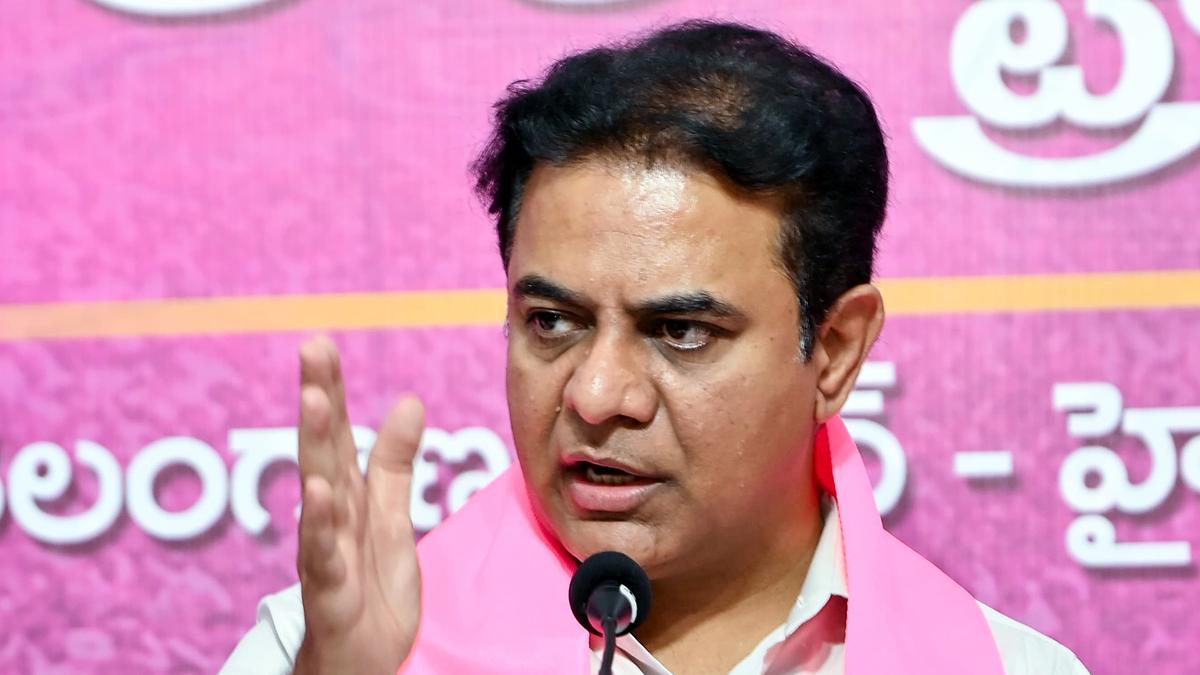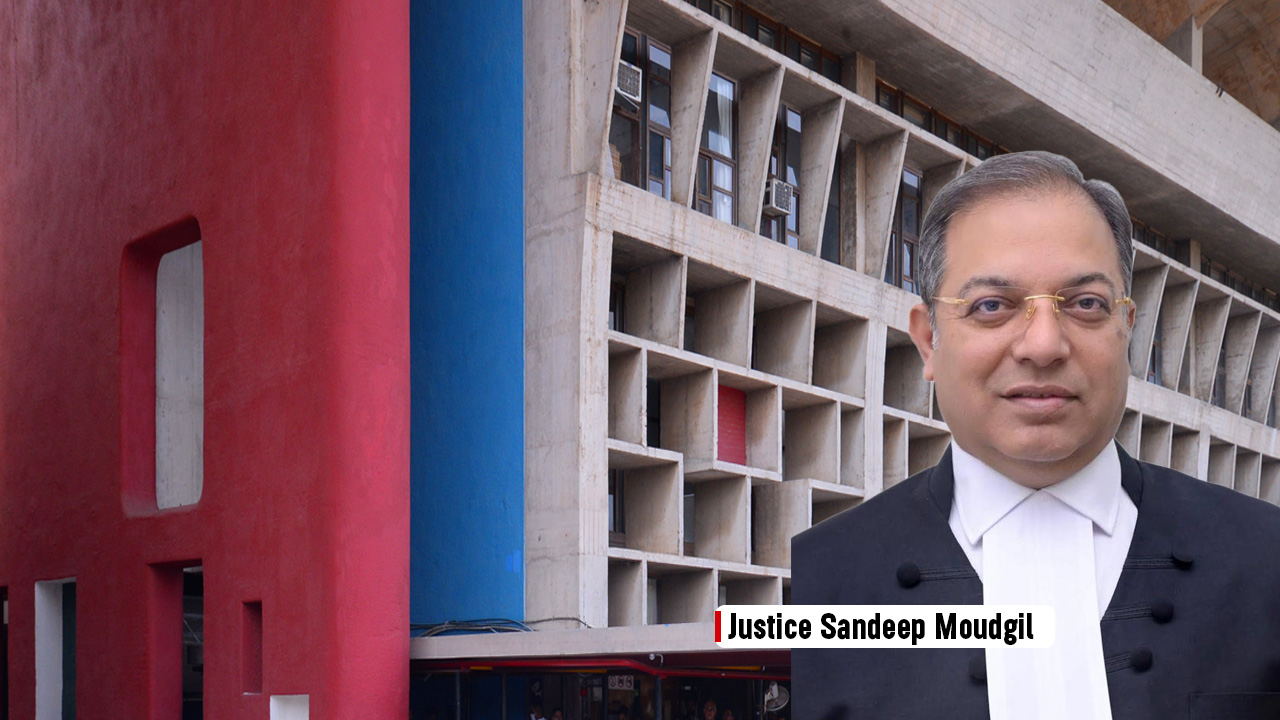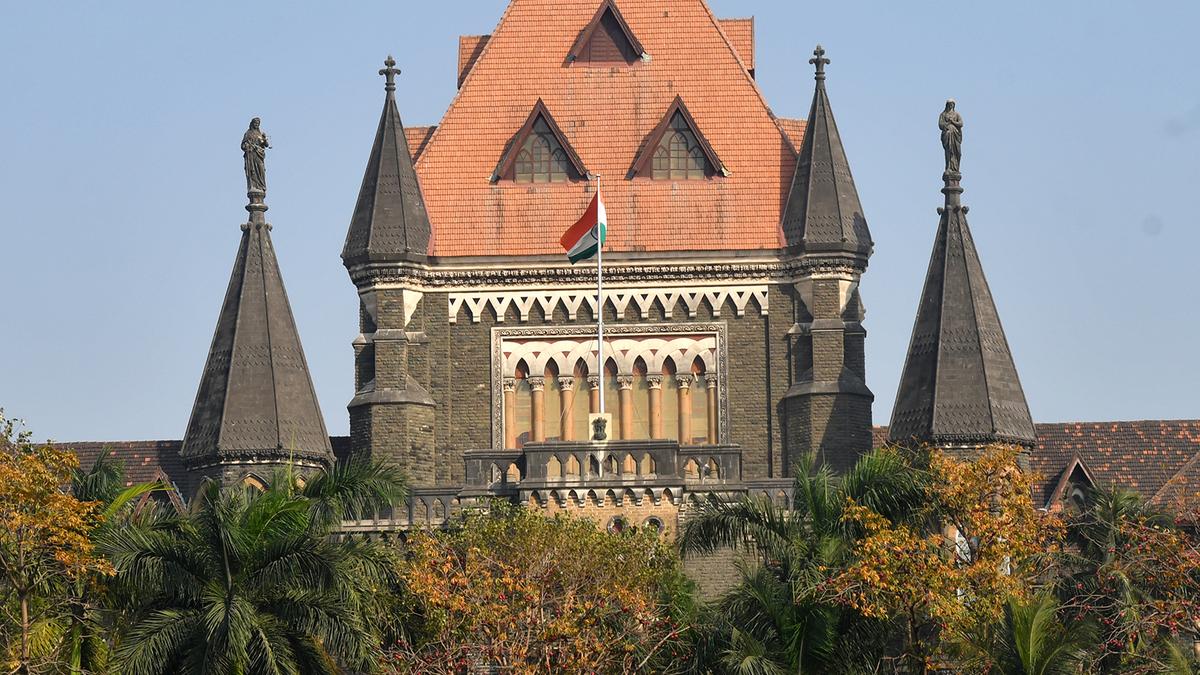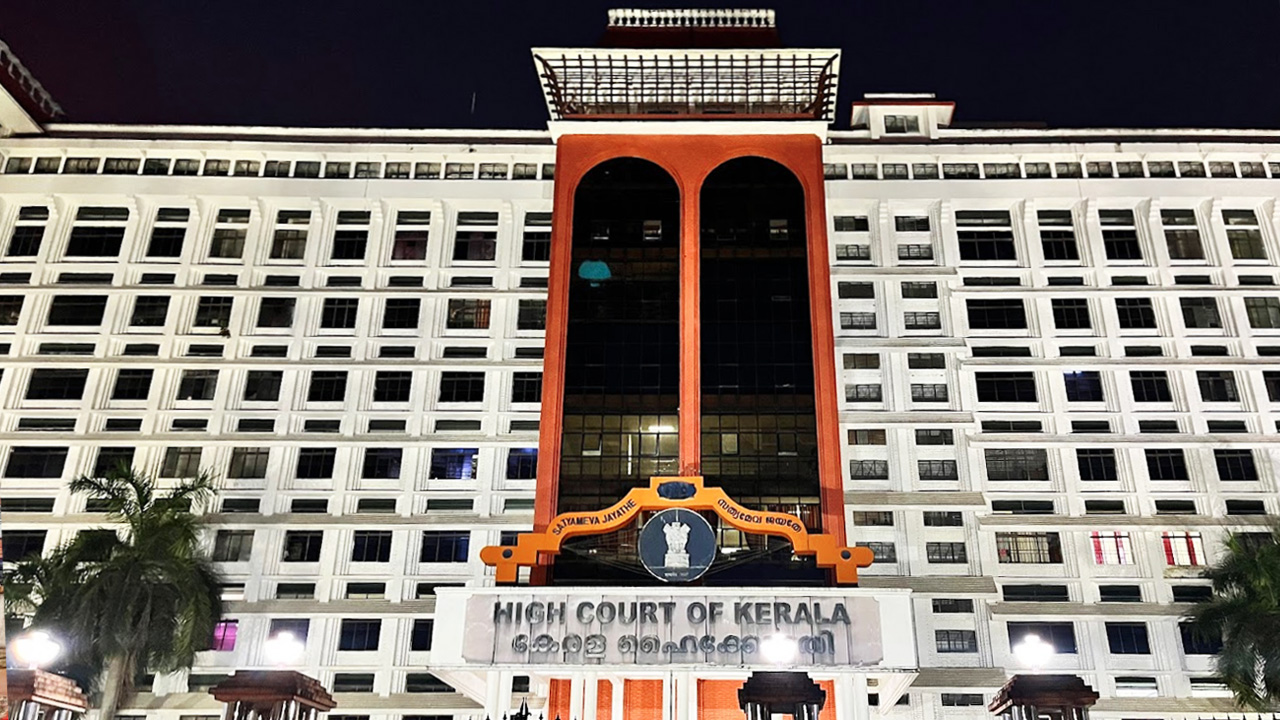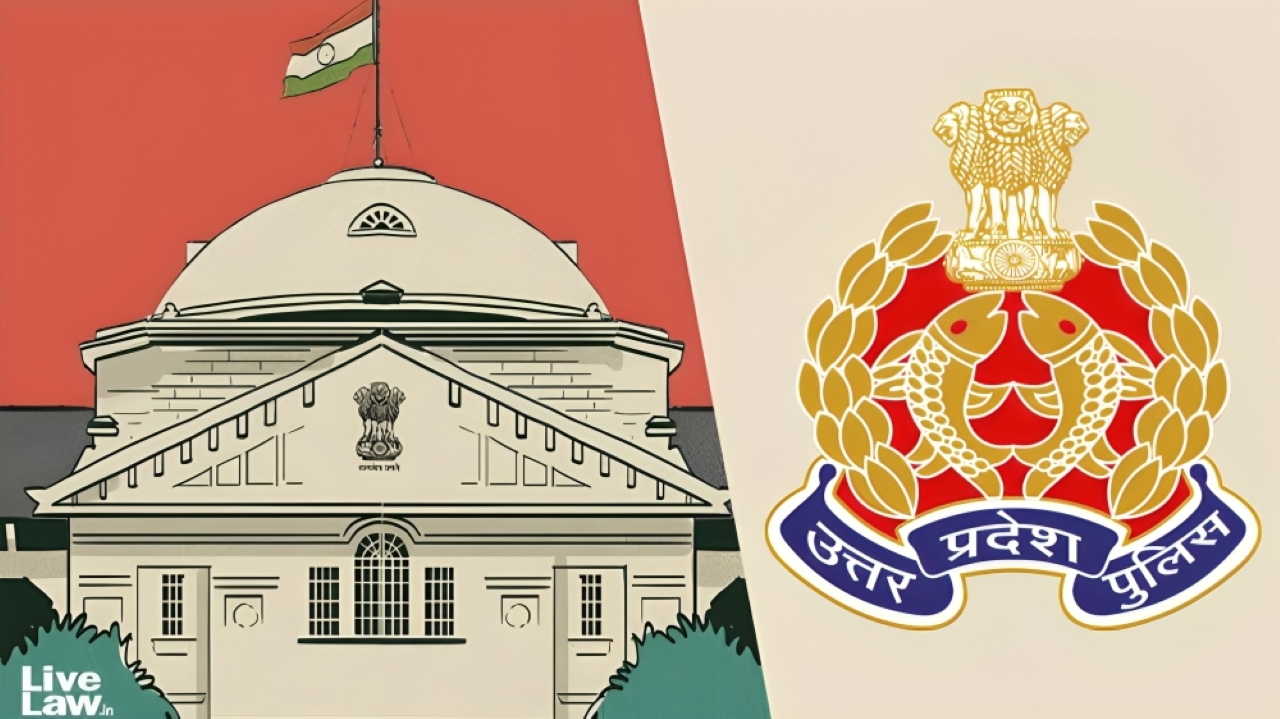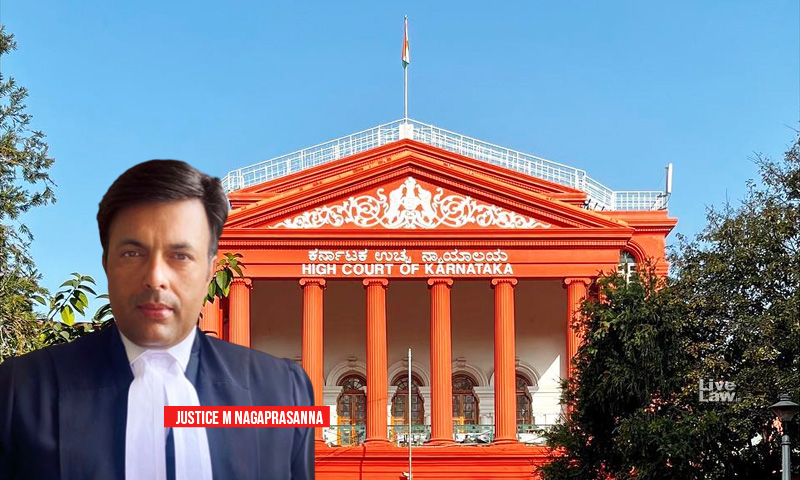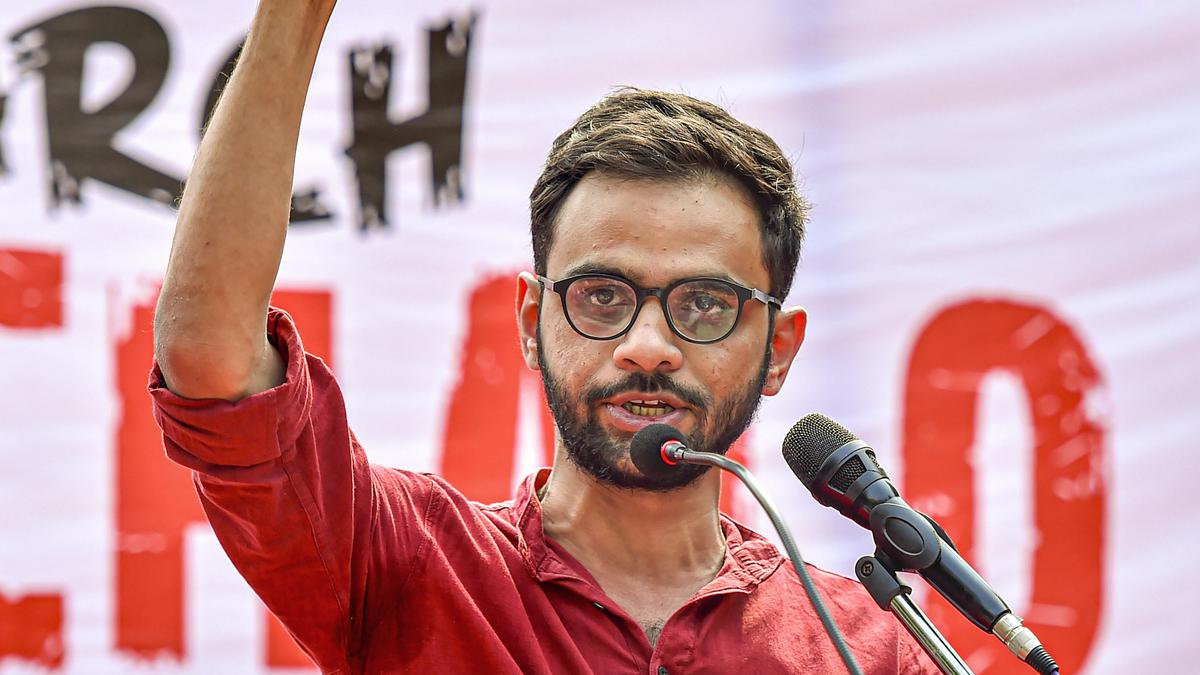
How the UAPA is wrecking lives
The HinduOn March 24, a Sessions Court in Delhi denied bail to Umar Khalid as part of a set of cases that have commonly come to be known as “the Delhi riots cases”. The denial of bail to Mr. Khalid highlights an equally serious problem: the broken nature of India’s criminal justice system. Shorn of legalese, the UAPA prohibits a judge from granting an individual bail if, on a perusal of the police diary or the police report, the judge is of the opinion that there are “reasonable grounds for believing that the accusation is … prima facie true.” The effect of this, as the criminal legal scholar Abhinav Sekhri has pointed out, is that the UAPA introduces elements of the criminal trial into the question of bail. A reading of the bail order shows that the court reproduces various allegations against Mr. Khalid — some of them hearsay, and therefore inadmissible during the trial, and some extremely implausible; dismisses the defence’s challenges to them without any engagement; and then denies bail.
History of this topic

Delhi Riots UAPA Case: High Court To Hear Bail Pleas Of Umar Khalid, Sharjeel Imam On January 07
Live Law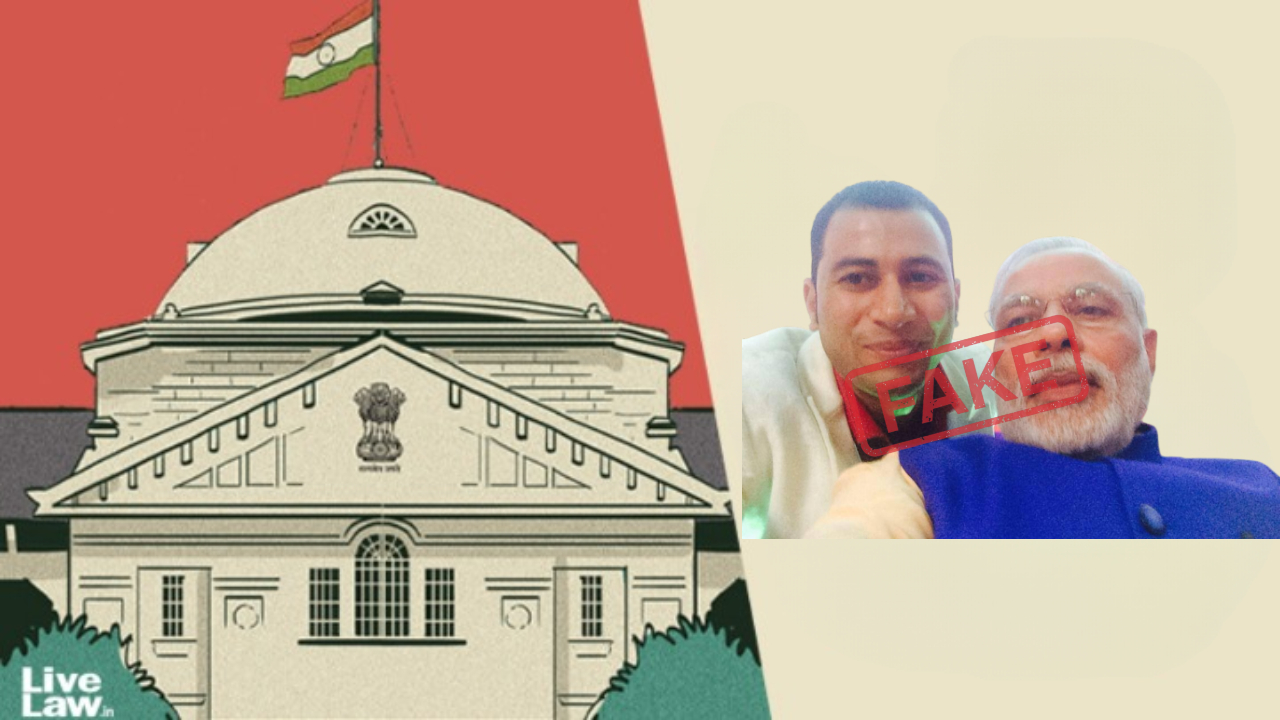
PMLA Case | Allahabad HC Denies Bail To Man Accused Of Duping People By Impersonating Person Close To PM Modi
Live Law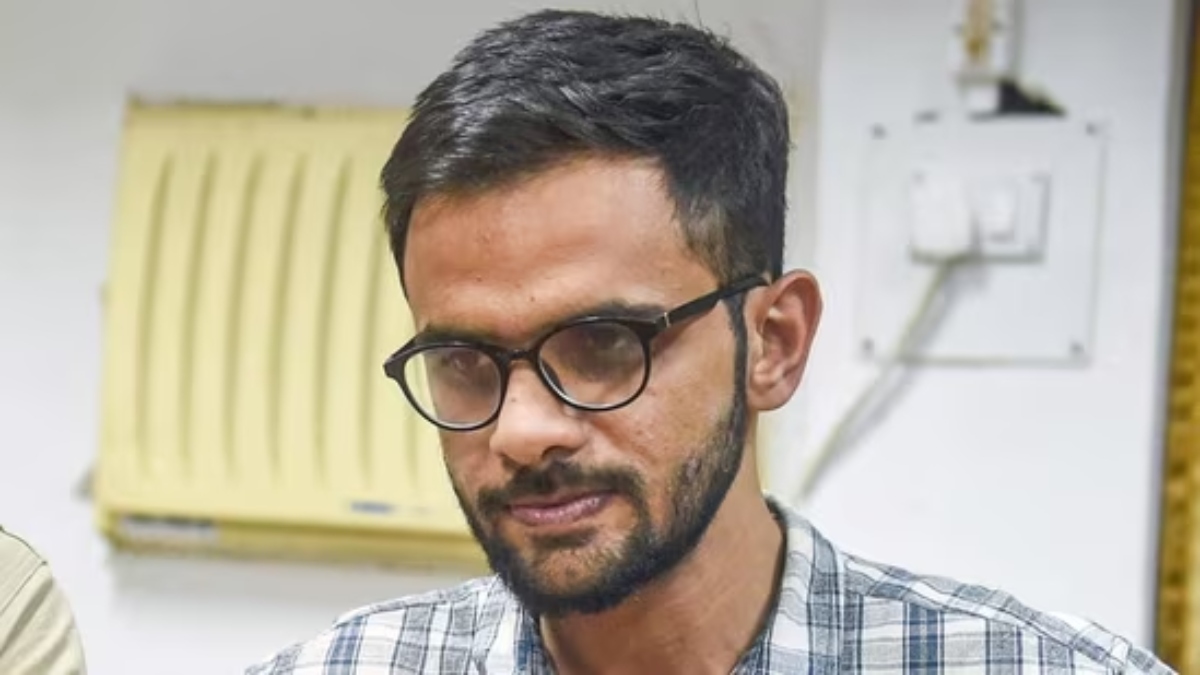
Umar Khalid gets interim bail by court to attend cousin's wedding in 2020 Delhi riots case
India TV News
Umar Khalid Gets 7 Days Interim Bail In Delhi Riots Larger Conspiracy Case
Live Law
Umar Khalid gets 7-day bail in 2020 Delhi riots case to attend family wedding
India Today
Delhi riots conspiracy case: Court grants interim bail to Umar Khalid to attend marriage in family
New Indian Express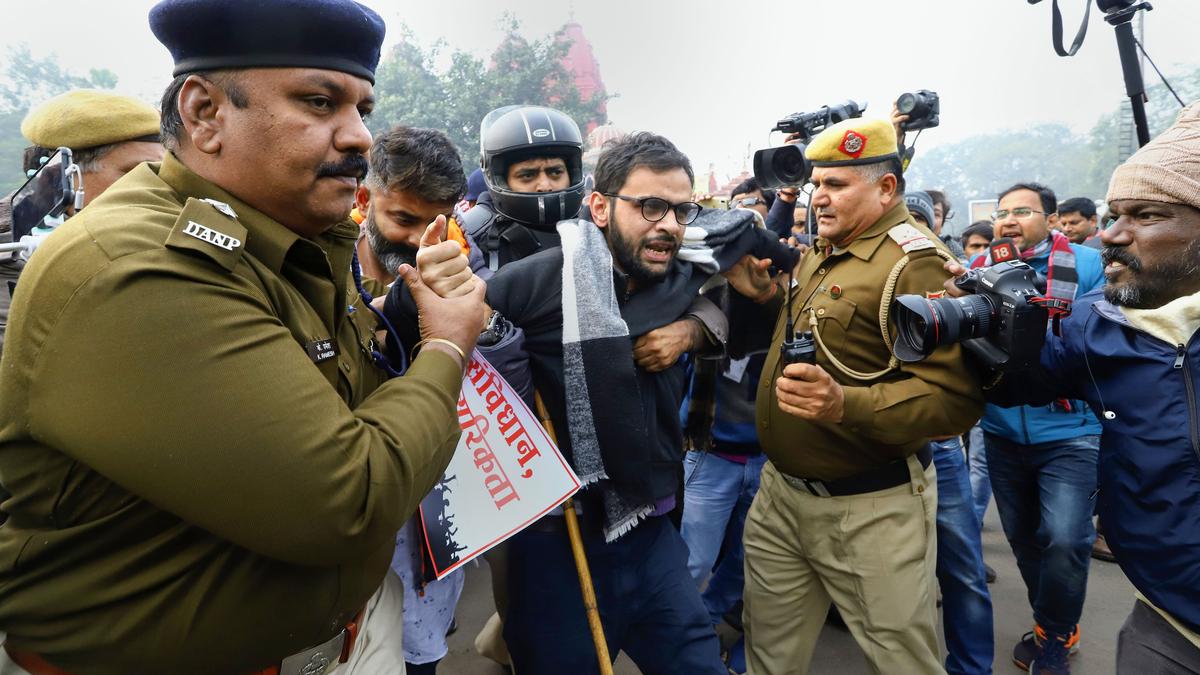
What is the basis of making me accused in riots case, Khalid asks in Delhi HC
The Hindu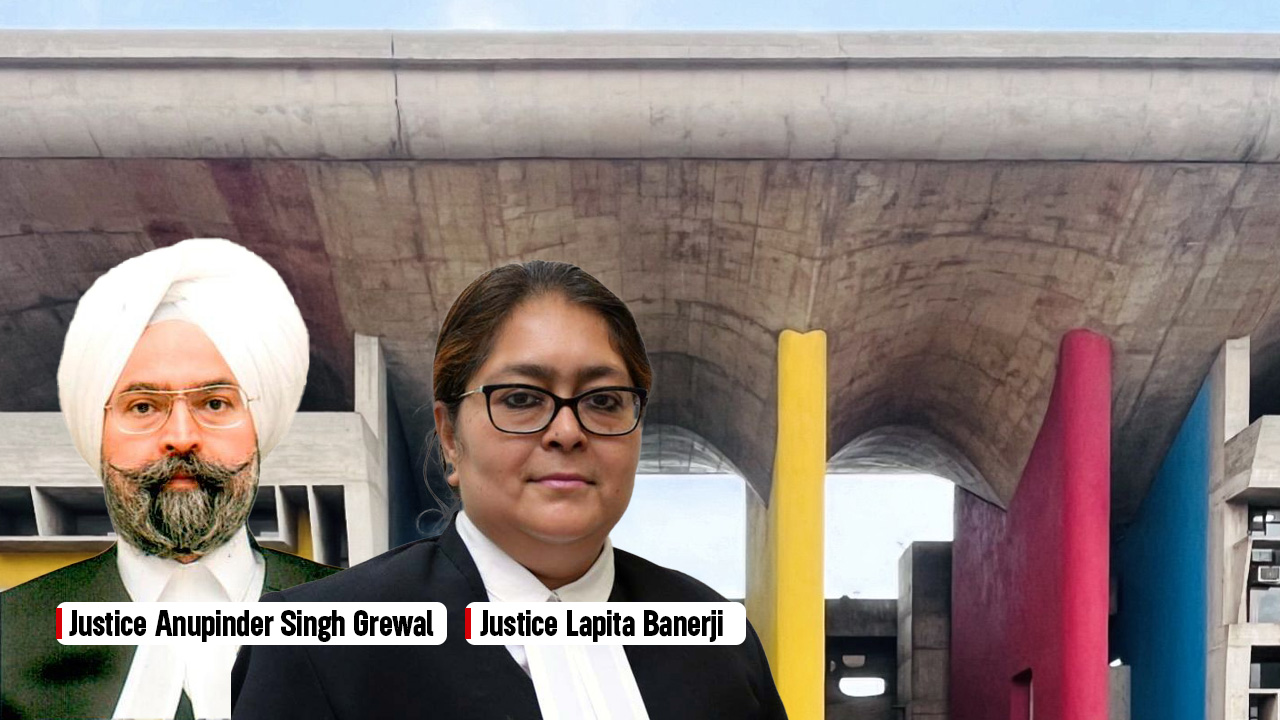
UAPA | Punjab & Haryana High Court Grants Bail To Man Accused Of Indulging In 'Anti-National Activities' With Pakistani National
Live Law
2020 Delhi riots: HC lists Umar Khalid's bail plea for hearing in UAPA case on Oct 7
New Indian Express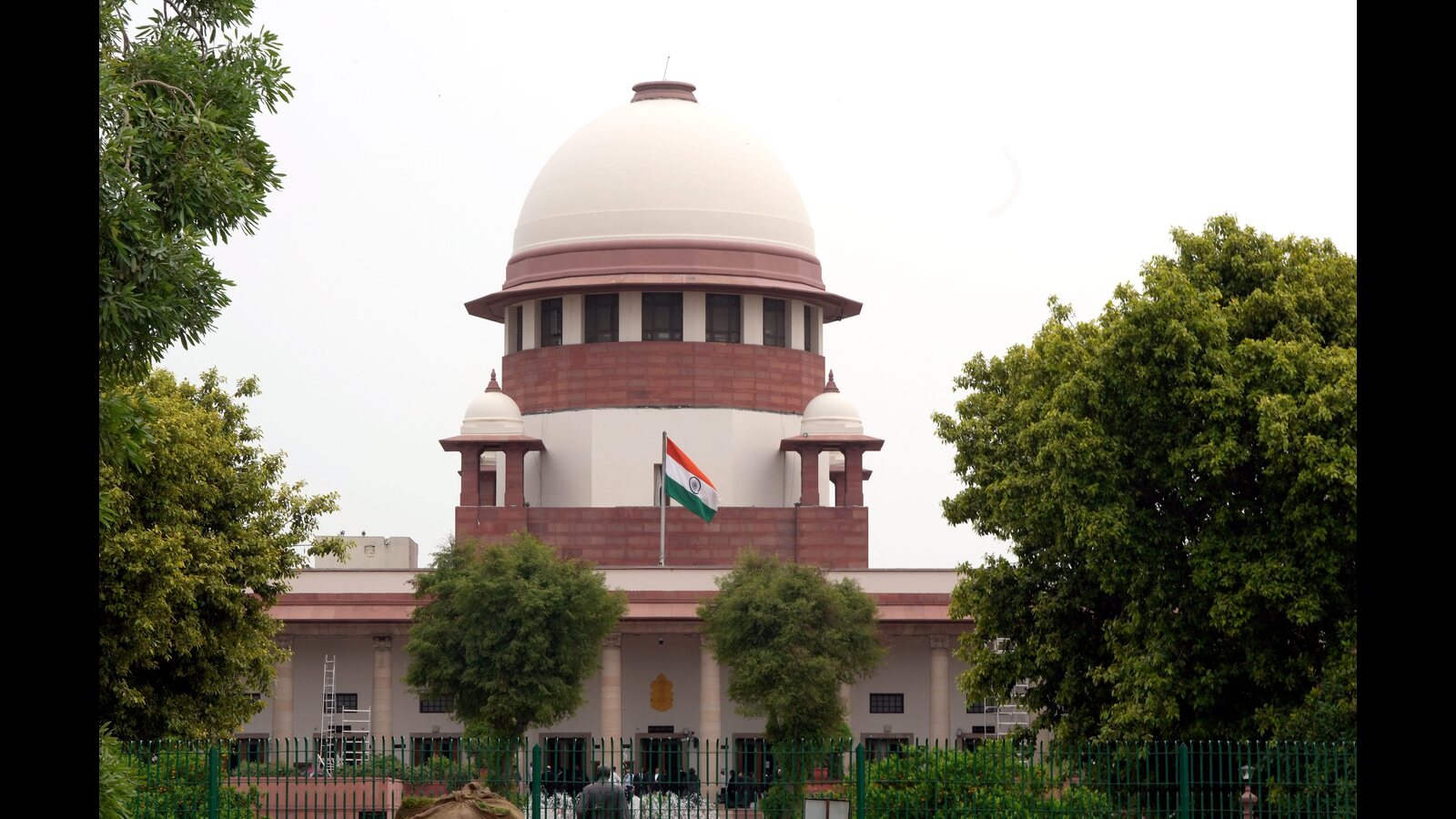
UAPA no exception to the rule on bail
Hindustan Times
Delhi riots case: court asks police to reply to Khalid’s bail plea by August 29
The Hindu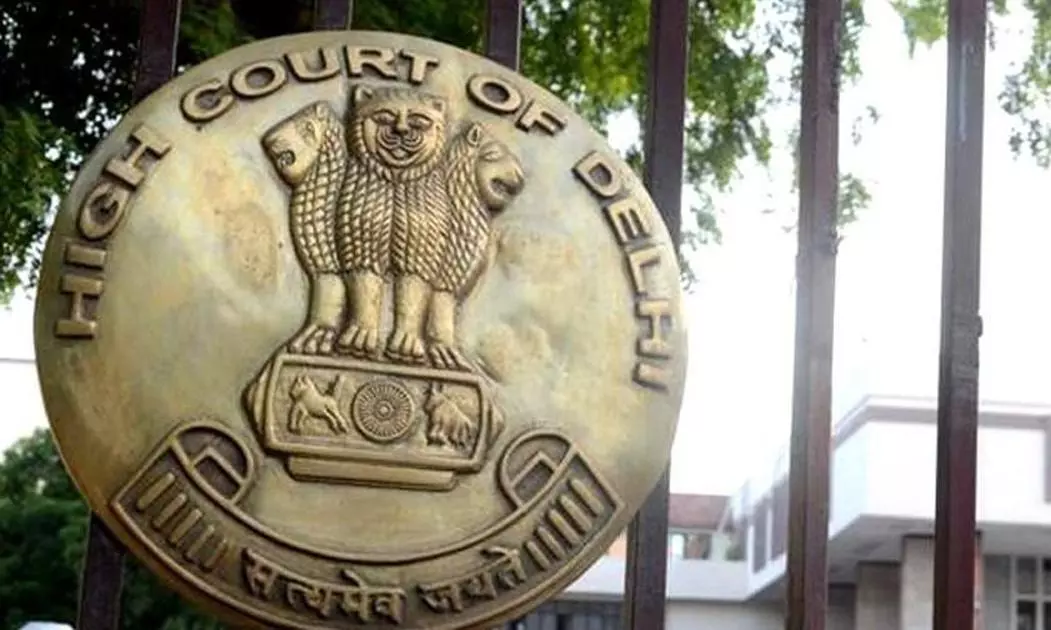
Delhi riots: HC seeks police's stand on Umar Khalid's bail plea in UAPA case
Deccan Chronicle
Legally Speaking | The curious case of the sanction against Arundhati Roy
Hindustan Times
Delhi HC reduces the life sentence of 5 JeM terrorists to 10 years jail, says they only 'conspired, did not actually commit terrorism '
Op India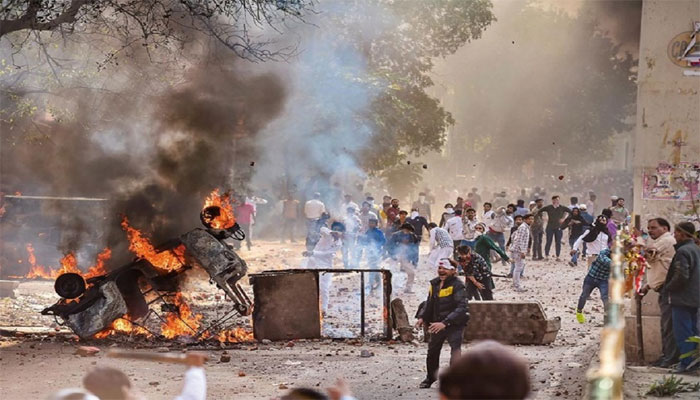
'Took active part in hatching a conspiracy': Delhi HC denies bail to UAPA accused Salim Malik in Delhi riots case
Op India
Umar Khalid messaged actors, politicians to amplify narrative: Delhi Police
India Today
Delhi Police file charge sheet against NewsClick in UAPA case
The Hindu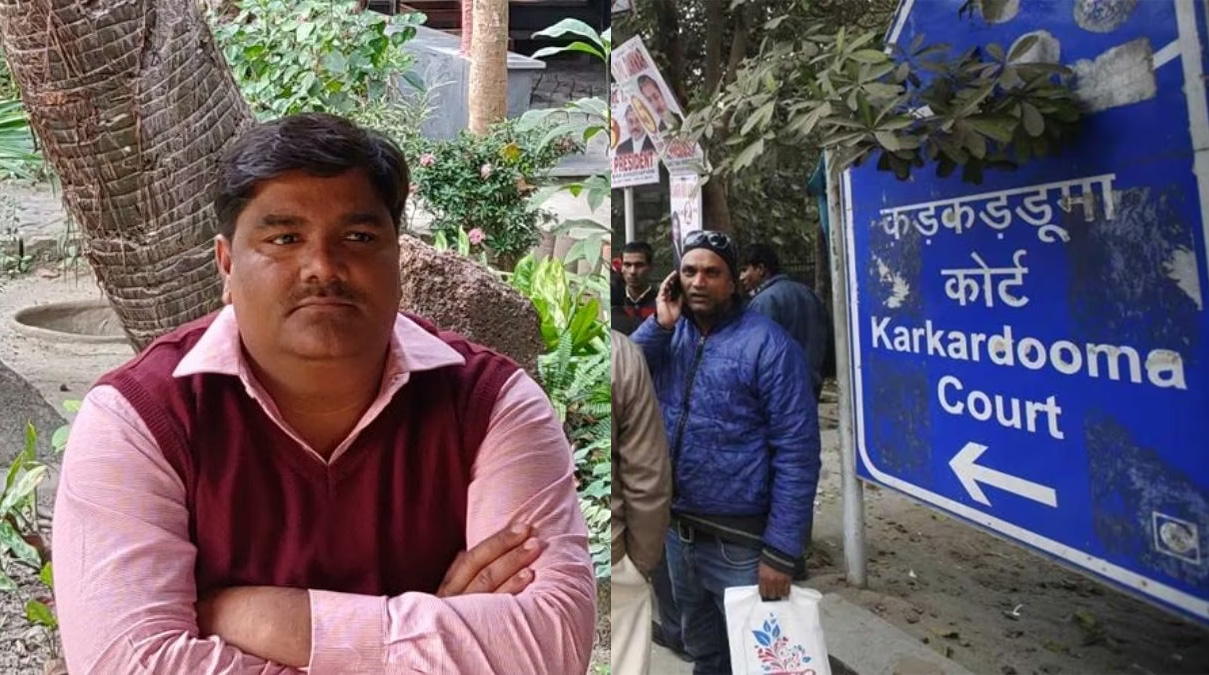
Delhi riots: Court refuses bail to former AAP councillor Tahir Hussain
Op India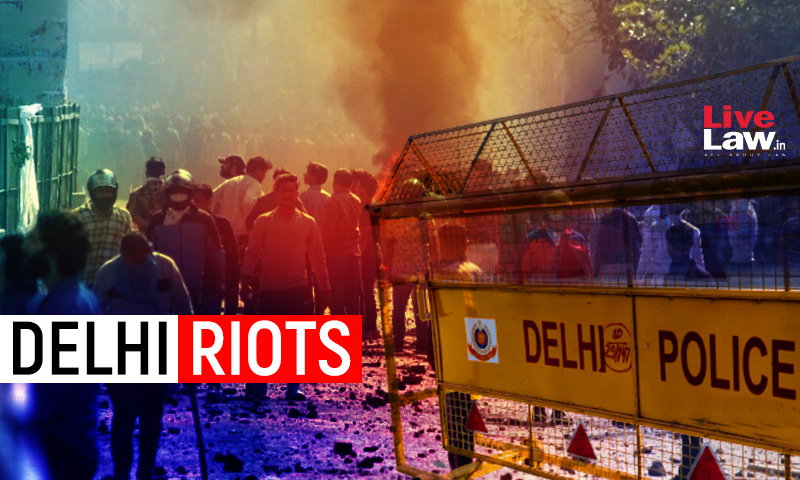
Delhi Riots Larger Conspiracy Case: High Court Asks Police To Clarify If Probe Is Complete Or More Chargesheets Will Be Filed
Live Law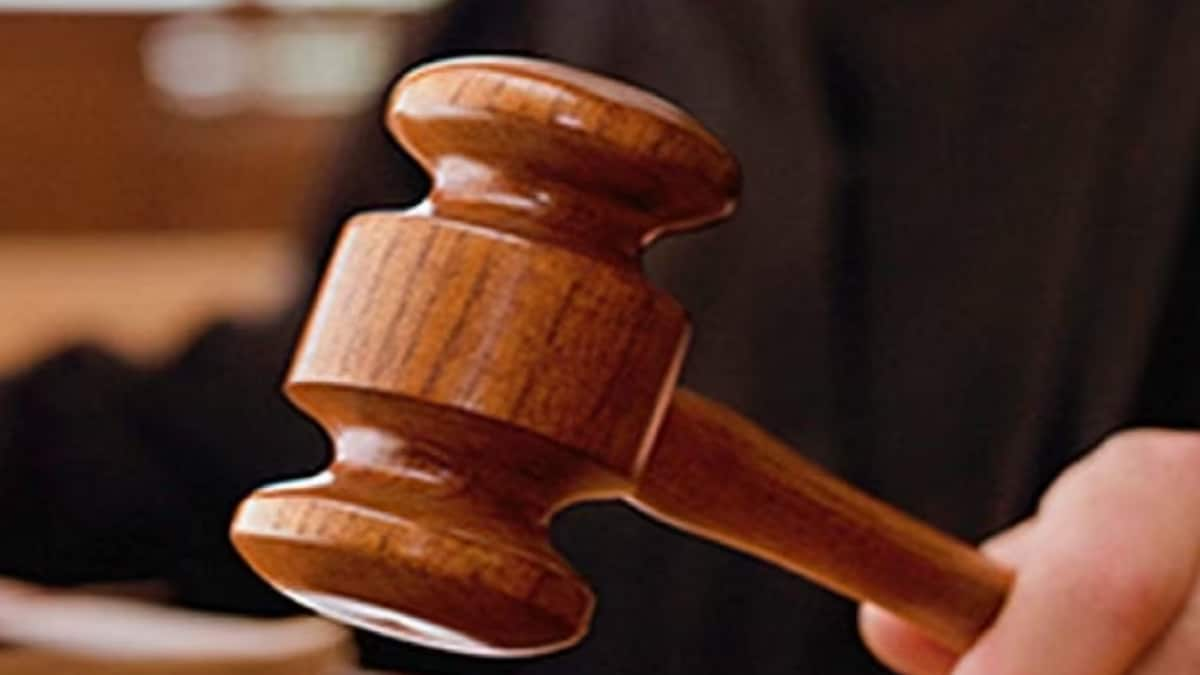
Nuh Violence: Haryana Police Slaps UAPA Charges On Congress MLA Mamman Khan
News 18
Decide on Sharjeel’s bail by Feb 17: Delhi HC to trial court
New Indian Express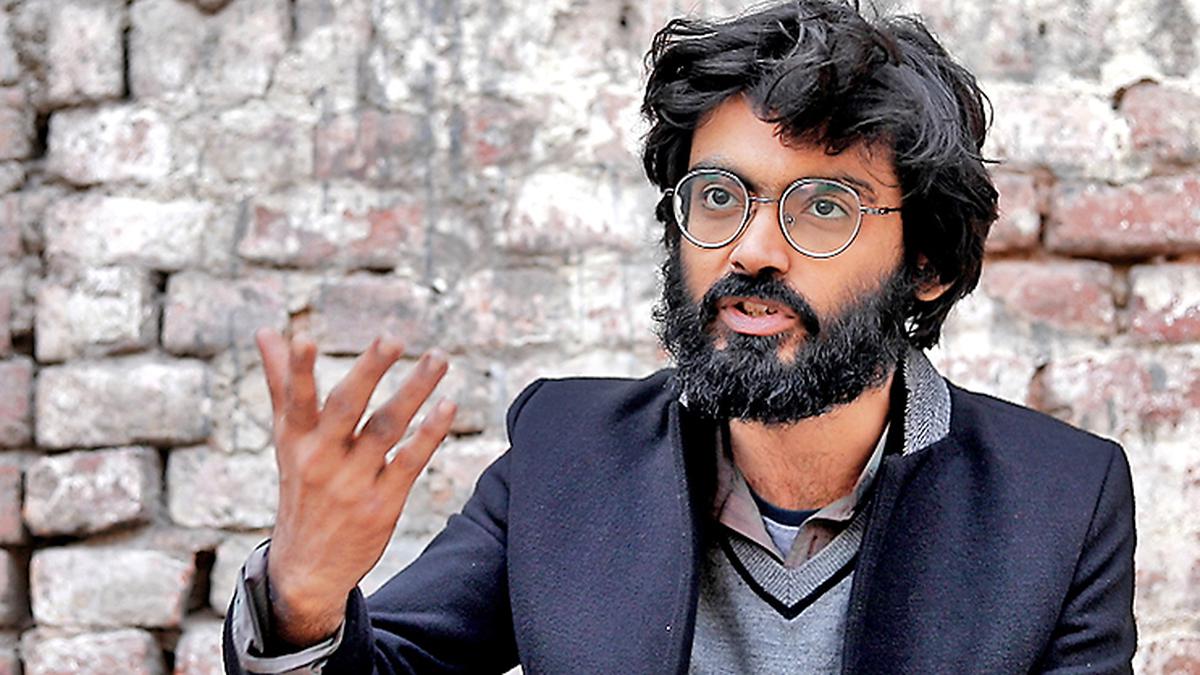
Decide by next month Sharjeel Imam’s bail plea, Delhi High Court tells trial court
The HinduUAPA should be scrapped as 97 percent accused are proven innocent, says Prof. Haragopal
The Hindu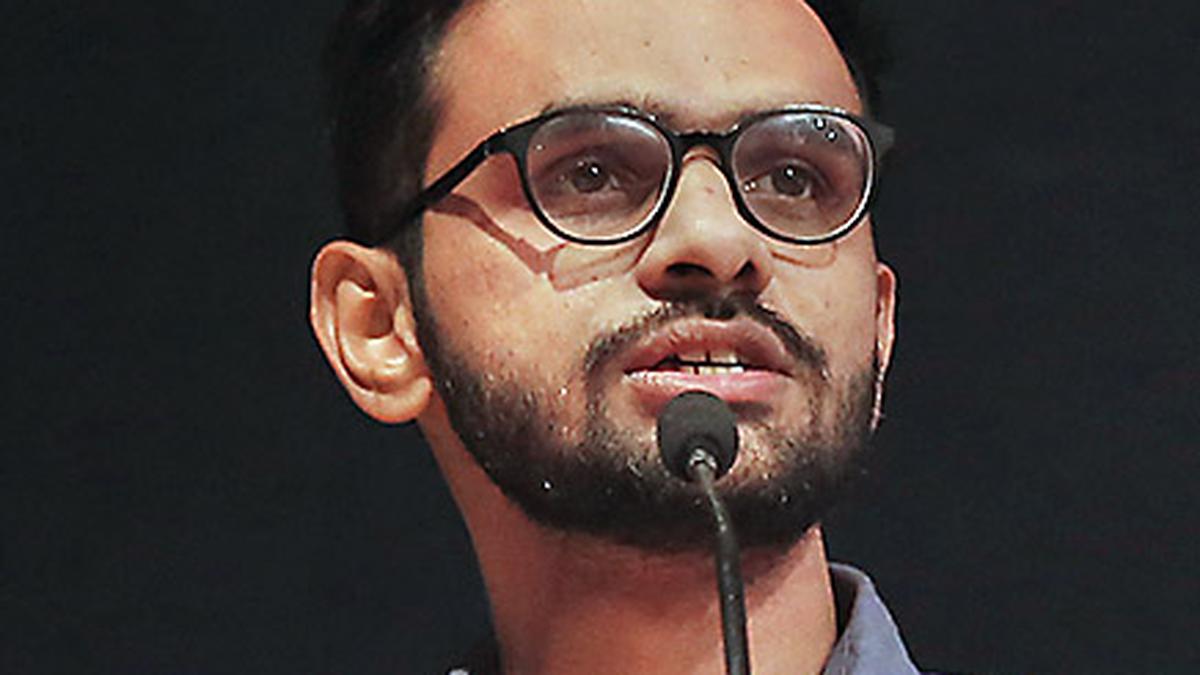
Umar Khalid bail plea faces the hurdle of adjournment yet again in SC
The Hindu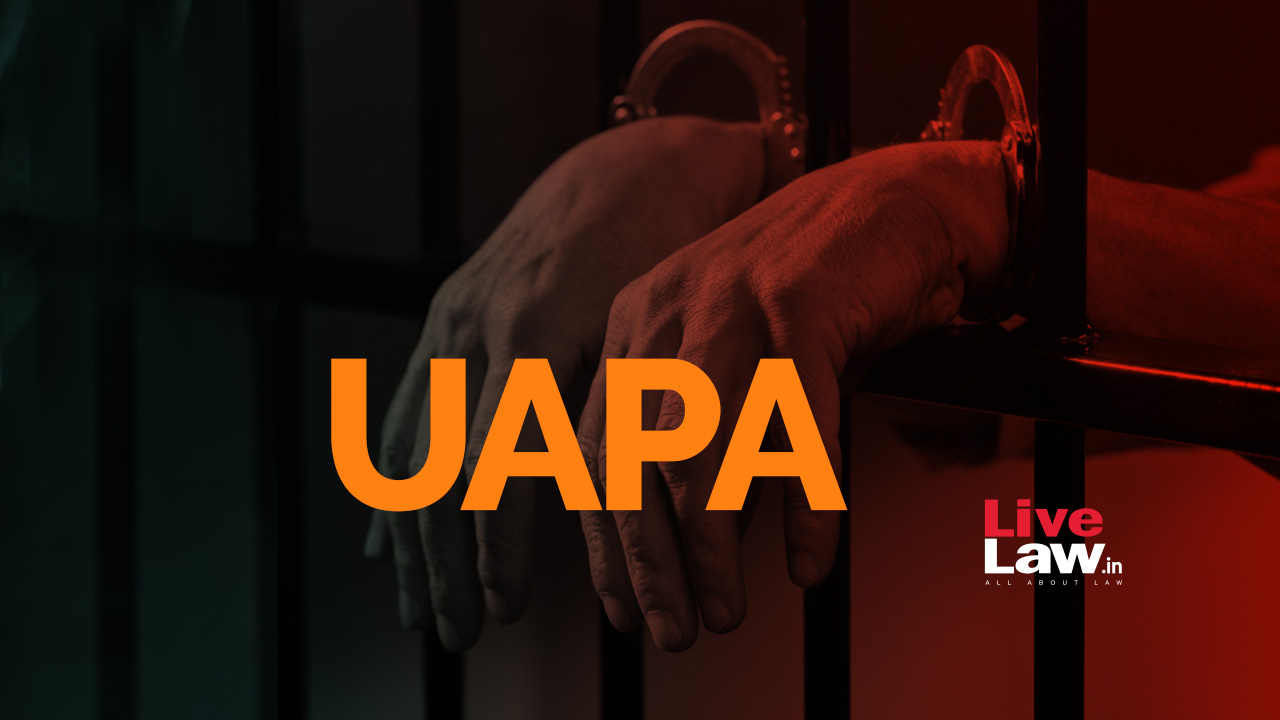
Allahabad HC Grants Bail To Man Booked Under UAPA For Allegedly Strengthening PFI To Establish 'Gazwa-E-Hind' In India
Live Law
Distinguish Sharjeel role in Delhi riots: Court
Hindustan Times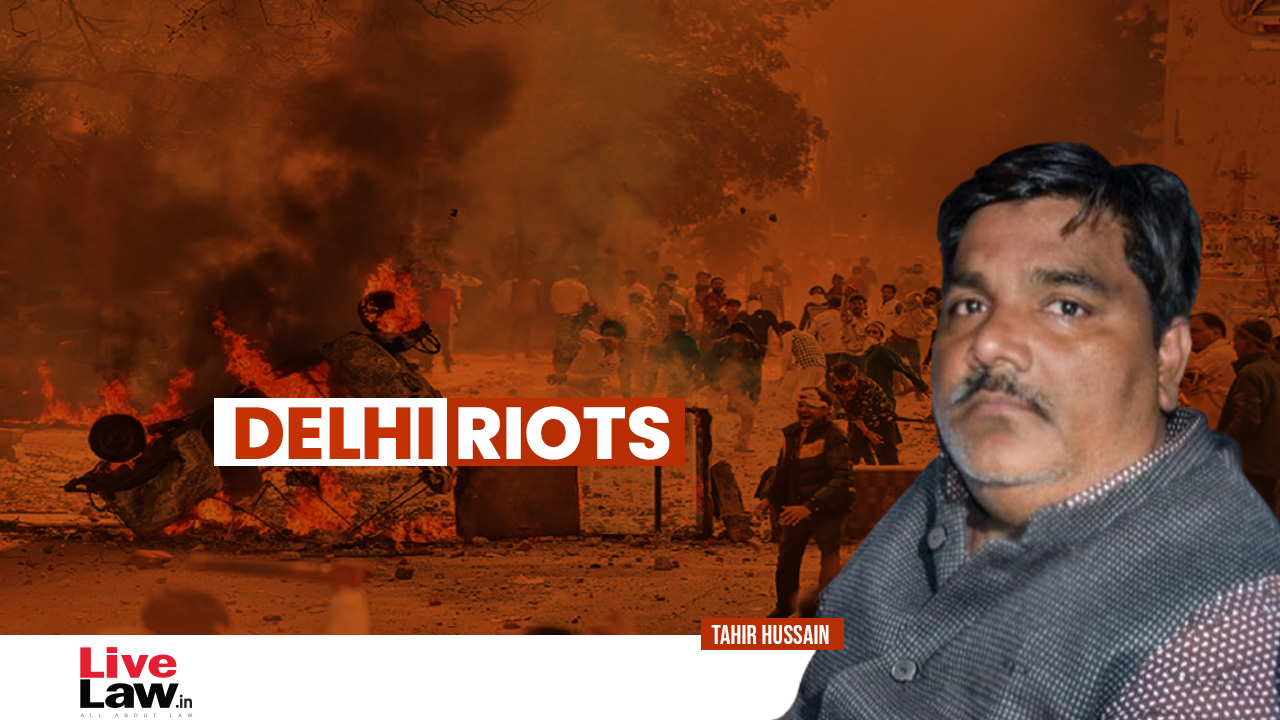
Delhi Riots: Court Rejects Tahir Hussain's Plea Seeking Stay On PMLA Proceedings Till Framing Of Charges In UAPA Case
Live Law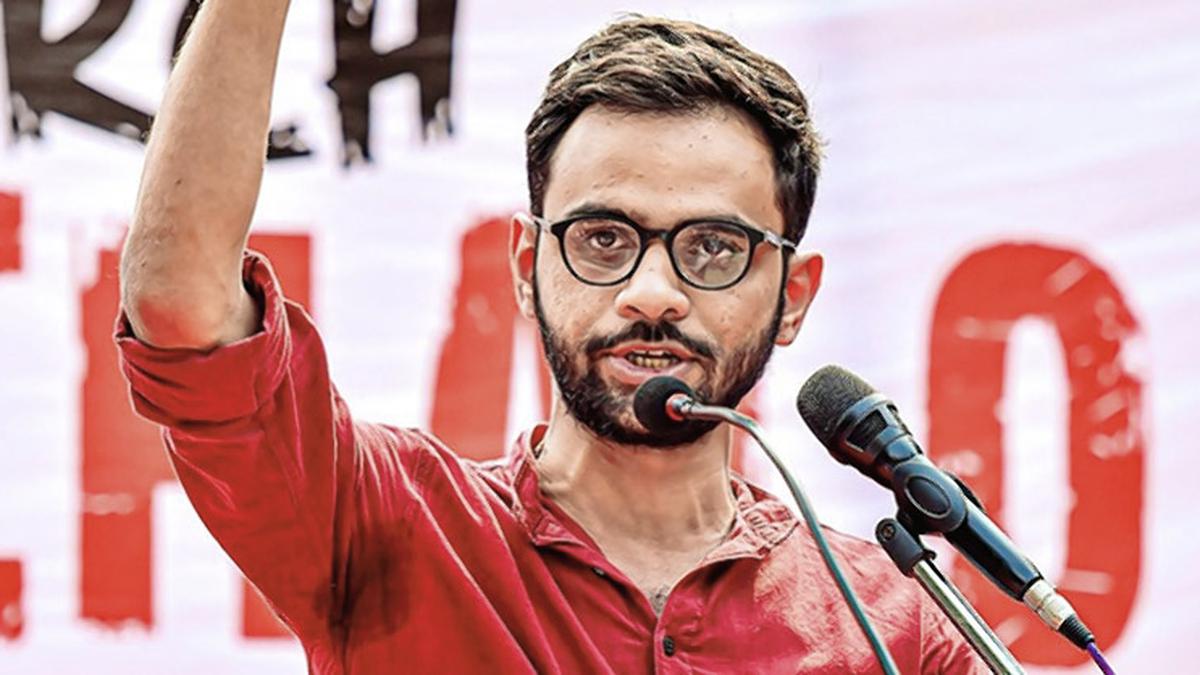
SC issues notice to Centre on Umar Khalid's plea challenging various provisions of UAPA
The Hindu
Vendetta without limit: The Hindu Editorial on the resurrection of an old case against Arundhati Roy and an academician
The Hindu
Delhi riots: SC to hear Umar Khalid’s bail plea on November 1
The Hindu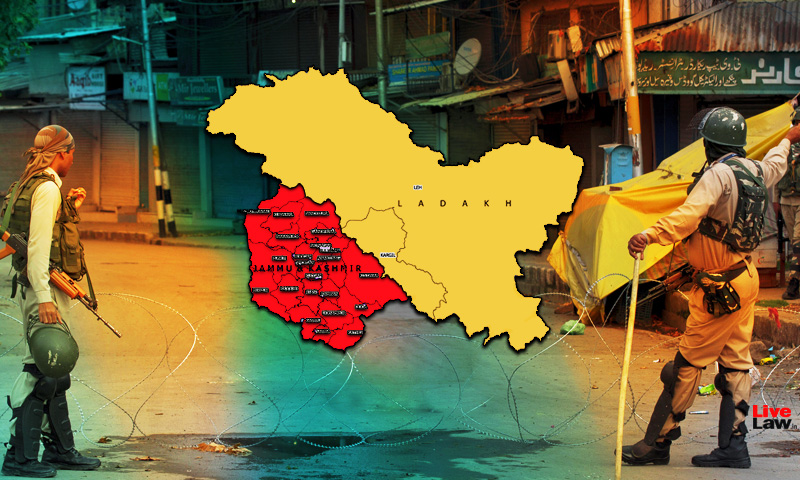
Delhi High Court Denies Bail To Man Booked Under UAPA In J&K Larger Conspiracy Case
Live Law
Day after unrest in Imphal, five booked under UAPA given bail
Hindustan TimesSupreme Court to hear Umar Khalid’s bail petition after four weeks
The Hindu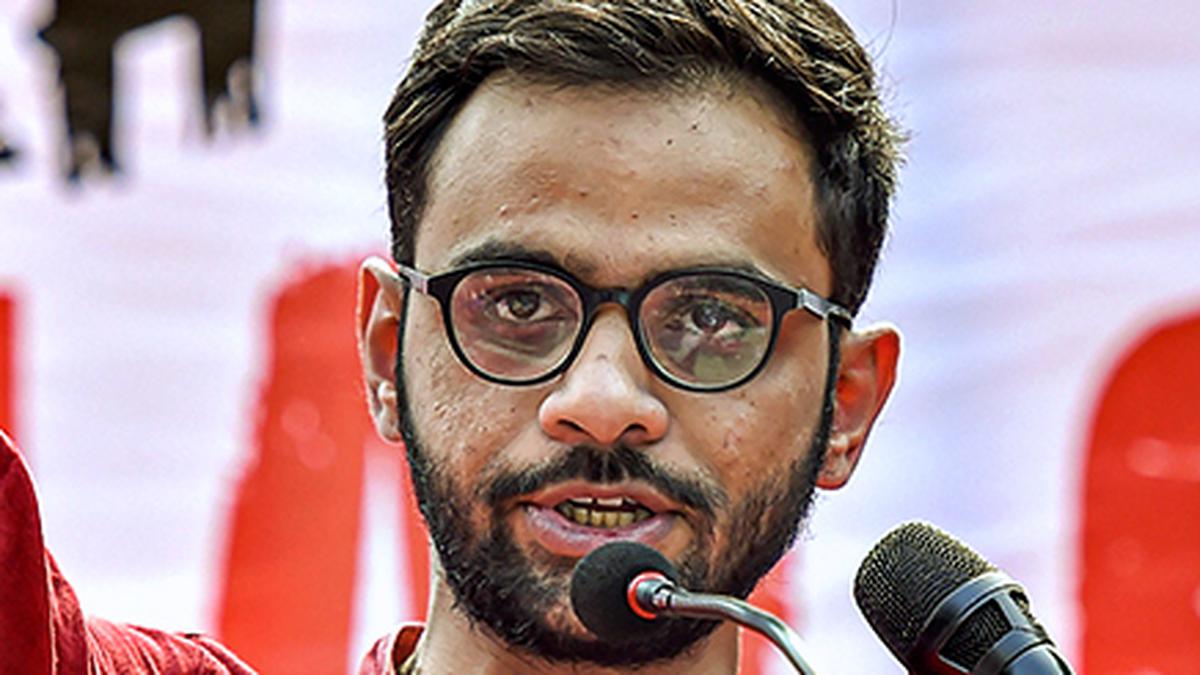
SC adjourns hearing on Umar Khalid's plea seeking bail in UAPA case
The Hindu
2020 Delhi riots: SC issues notice to Delhi Police on Umar Khalid's bail plea in UAPA case
India Today
SC refuses to interfere in Tahir Hussain's case, upholds trial court order framing money laundering charges against him
Op India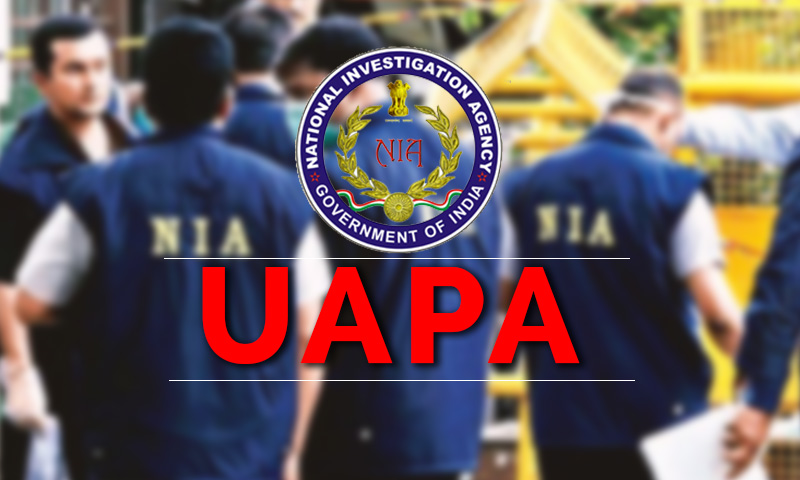
UAPA Accused In Jail For 9 Years Without Framing Of Charges, Delhi High Court Seeks NIA’s Response On Bail Plea
Live Law
Umar Khalid acquitted in case related to 2020 Delhi riots: Timeline
Live Mint)
2020 Delhi riots: Court frames charges against Tahir Hussain under PMLA, rejects plea for statutory bail
Firstpost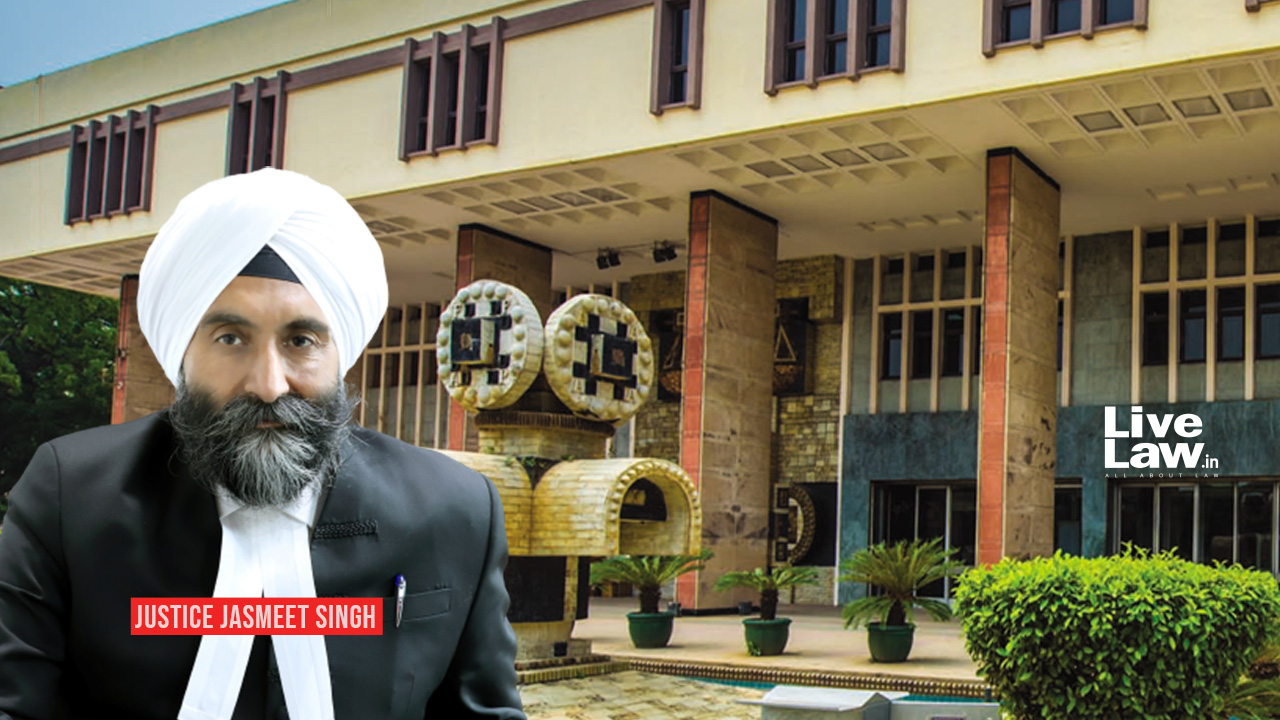
UAPA Accused In Jail For 9 Yrs, No Charges Framed Till Date; Delhi HC Asks Trial Court To Decide Bail Plea In 75 Days
Live Law
Delhi Riots 2020: HC denies bail to Umar Khalid in UAPA case
Deccan Chronicle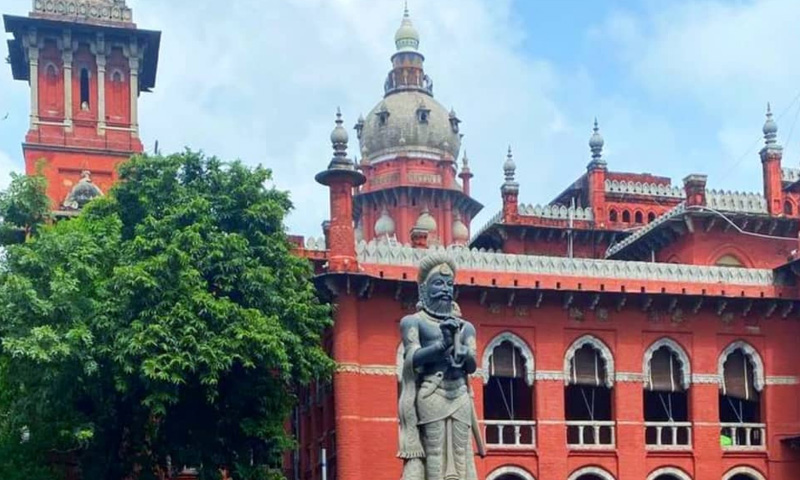
Case Based On Suspicion And Confession Statement: Madras High Court Grants Bail To Man Charged Under UAPA
Live Law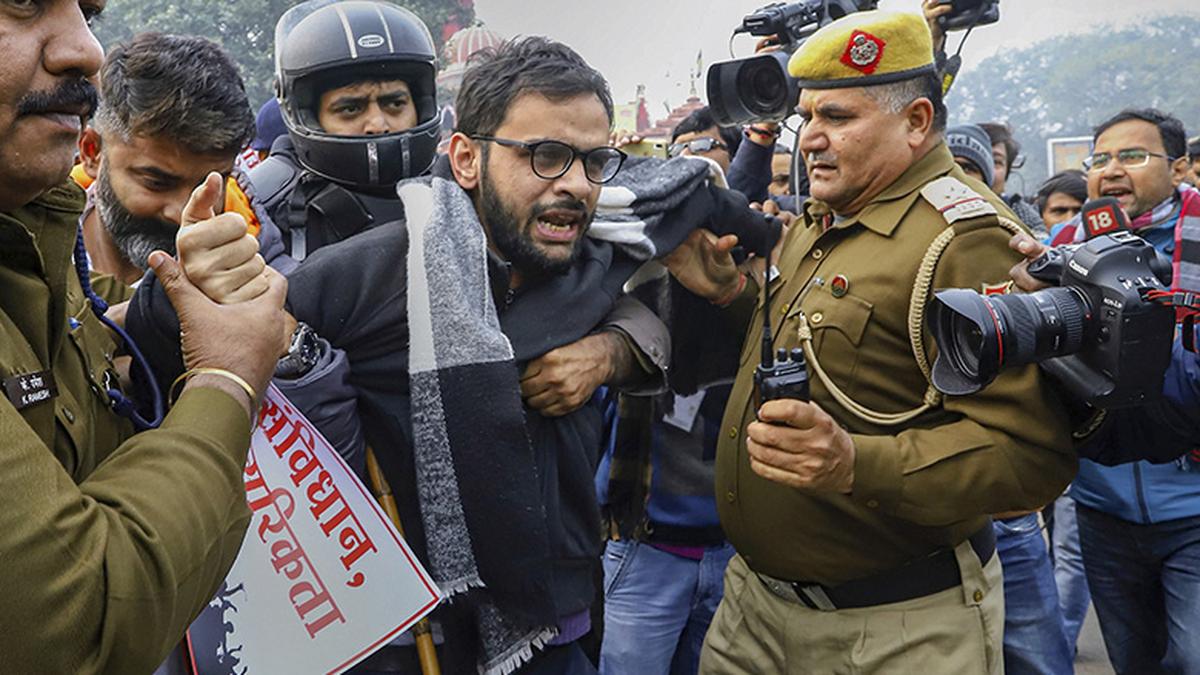
Sedition law freeze | No respite for people booked under UAPA
The Hindu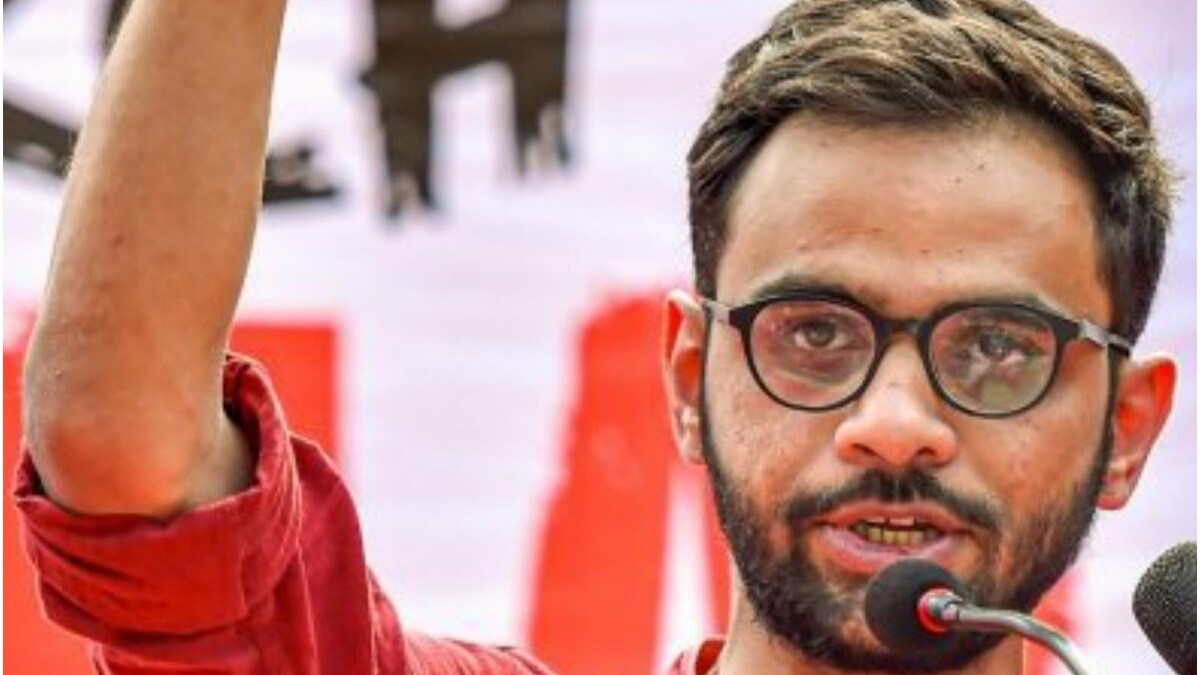
2020 Delhi Riots: In Jail for 2 Yrs on Basis of Hearsay Witness Statement, Says Umar Khalid to HC
News 18)
Delhi riots 2020: High Court to hear bail plea by Umar Khalid on 19 May
Firstpost
2020 Riots: Delhi Police opposes Umar Khalid's HC bail plea in UAPA case
Business StandardTime ideal to amend UAPA: rights group
The Hindu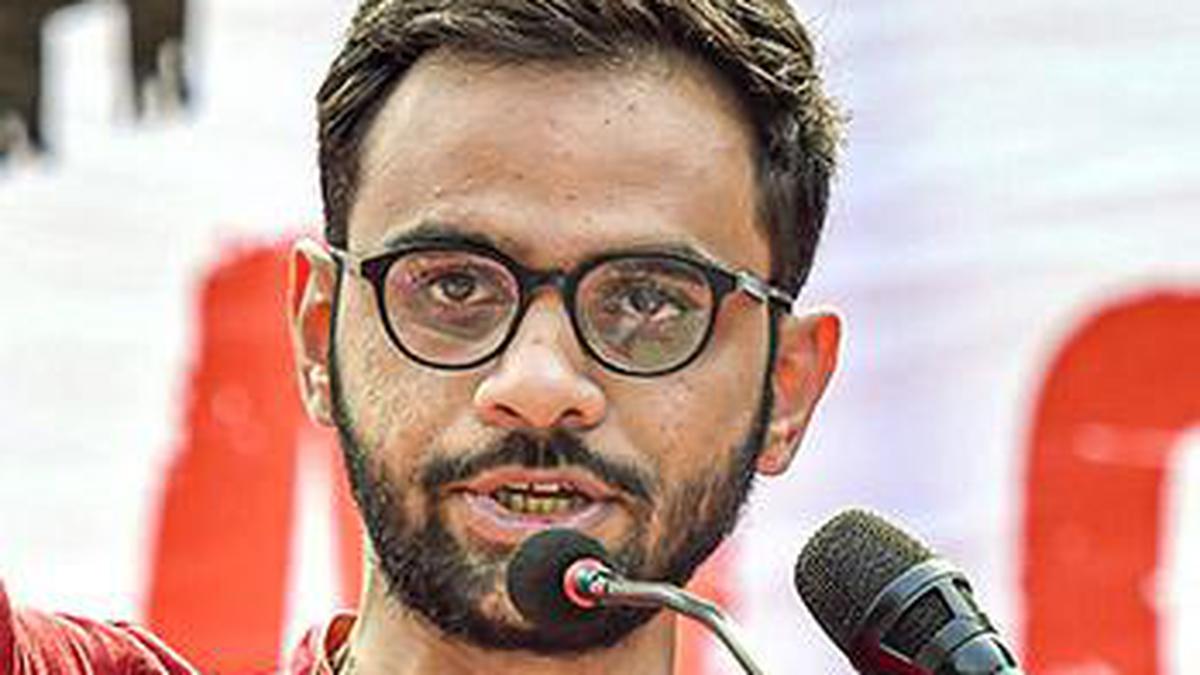
Delhi riots | Umar Khalid’s bail plea rejected
The Hindu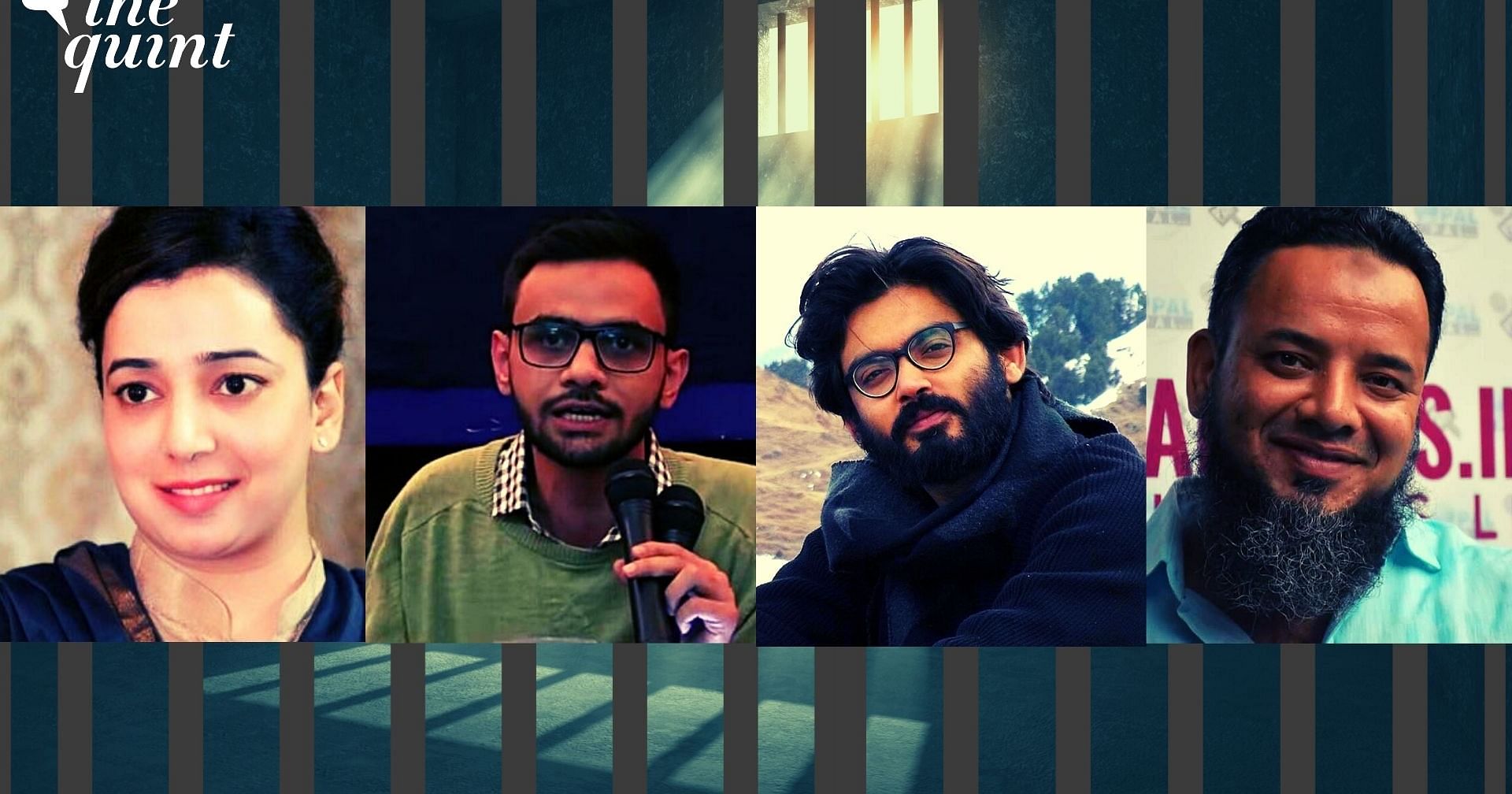
2 Years of Delhi Riots: What's the Status of UAPA-Accused Named in FIR 59?
The QuintDiscover Related


